Tessa Love
Tessa Love is a freelance writer and researcher touching on the undertones of culture: technology, art, identity, environmentalism and more. She lives in Oakland, CA, where she fights fog and housing prices.
More From Tessa Love
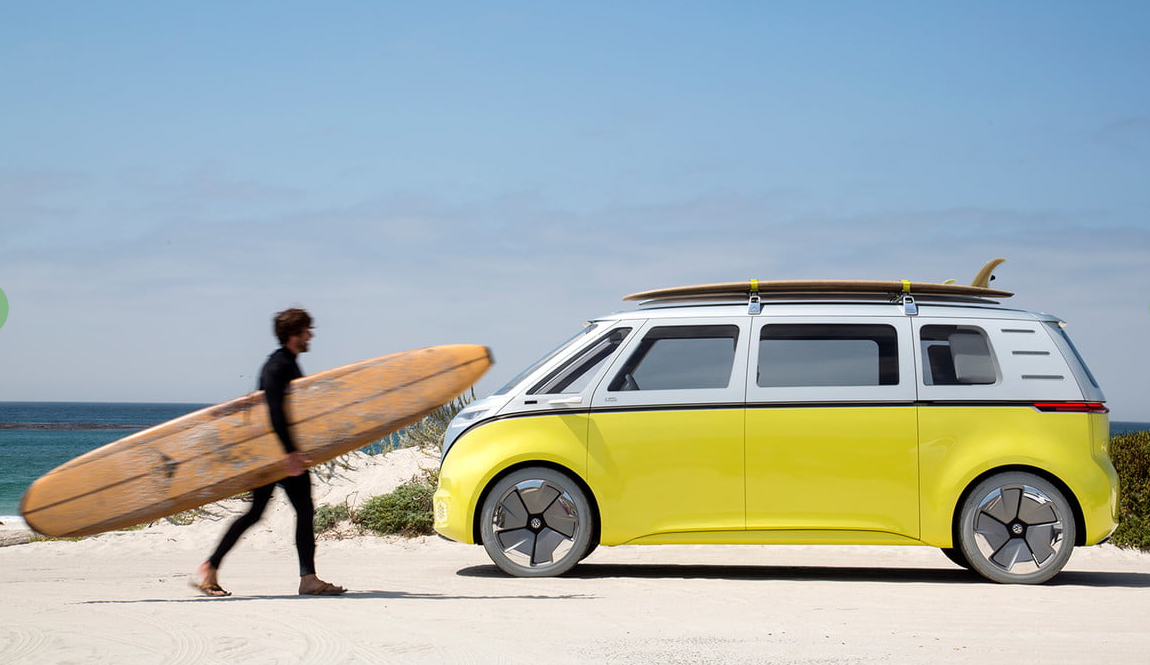
Volkswagen's Mini Bus Is Coming Back And It's All Electric
The Volkswagon Mini Bus was the most popular vehicle for hippies, and soon it will be back with an all-electric drivetrain.
H&M's New Denim Collection Is Made From Recycled Goods
It can take up to 650 gallons of water to create just one cotton T-shirt, and manufacturing synthetic fibers causes pollution.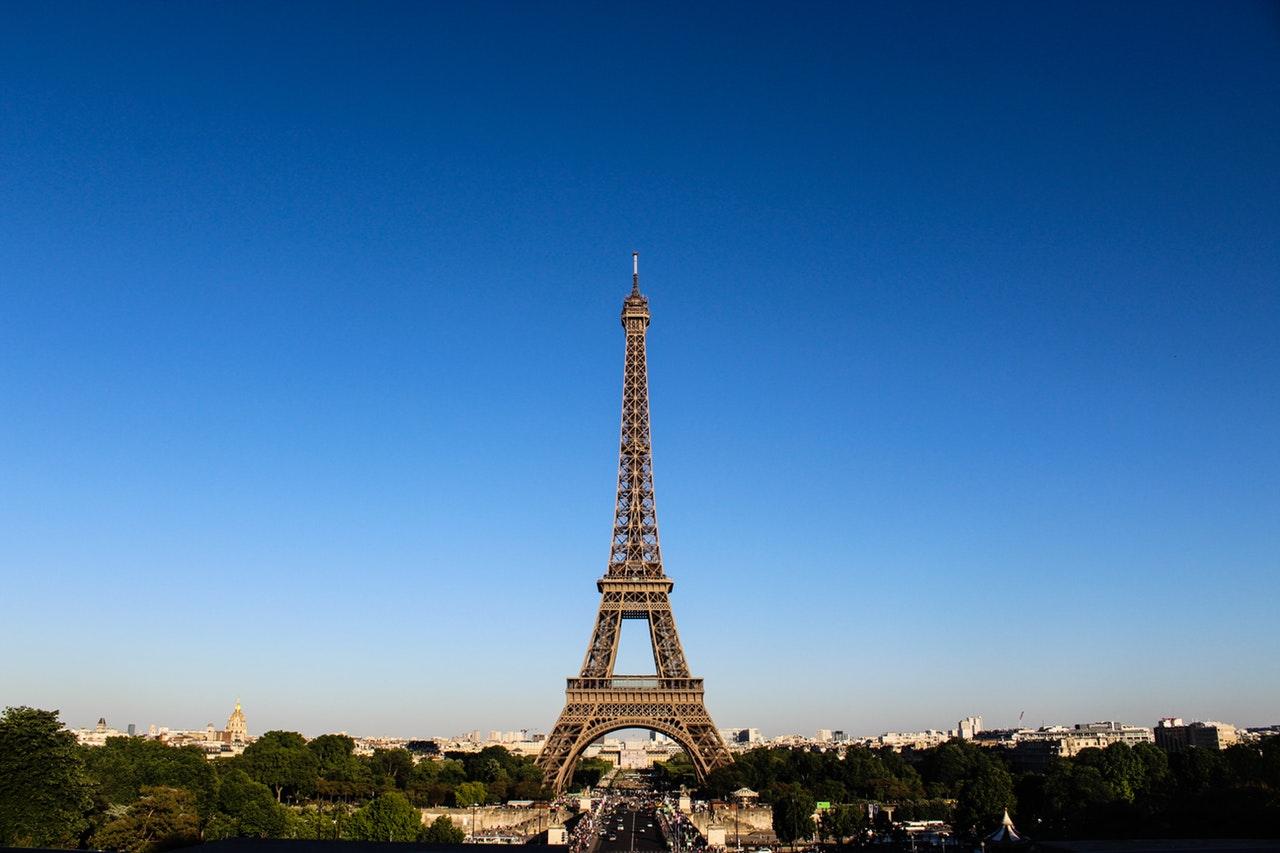
France Has Banned Fracking And Oil Extraction
The French parliamnet has completely banned the extraction of oil and gas within the country's territories — meaning fracking, oil drilling and other extraction methods are prohibited.
How Moss Can Solve Japan's Major Pollution Problem
A Japanese scientist is studying how moss can help reduce air pollution such as nitrogen pollution and other air quality concerns.
Algae Dome Absorbs Sun And CO2 To Produce Oxygen And Food
In Copenhagen, uture-living lab SPACE10 created the Algae Dome, a 13-foot-tall urban-dwelling structure that pumps out oxygen and produces food in a closed-loop system.
Patagonia Now Lets Customers Buy And Trade In Gently Used Gear
Each year, Americans throw away 13 million tons of textiles — about 85 percent of their clothes.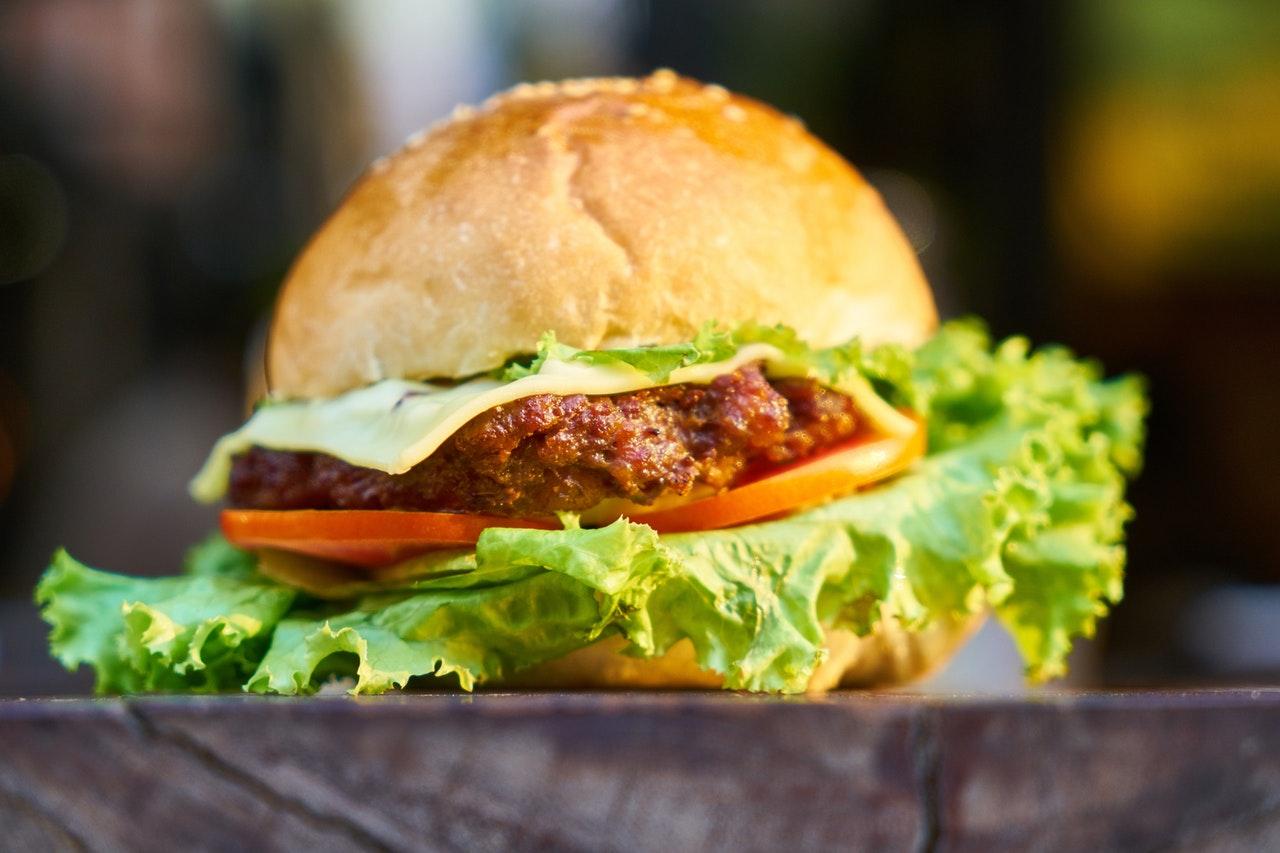
Sonic's Eco-Friendly Beef And Mushroom Burger Is Now Available Everywhere
Sonic Drive-In is releasing its part-mushroom, part-beef burger in all of its 3,500-plus locations.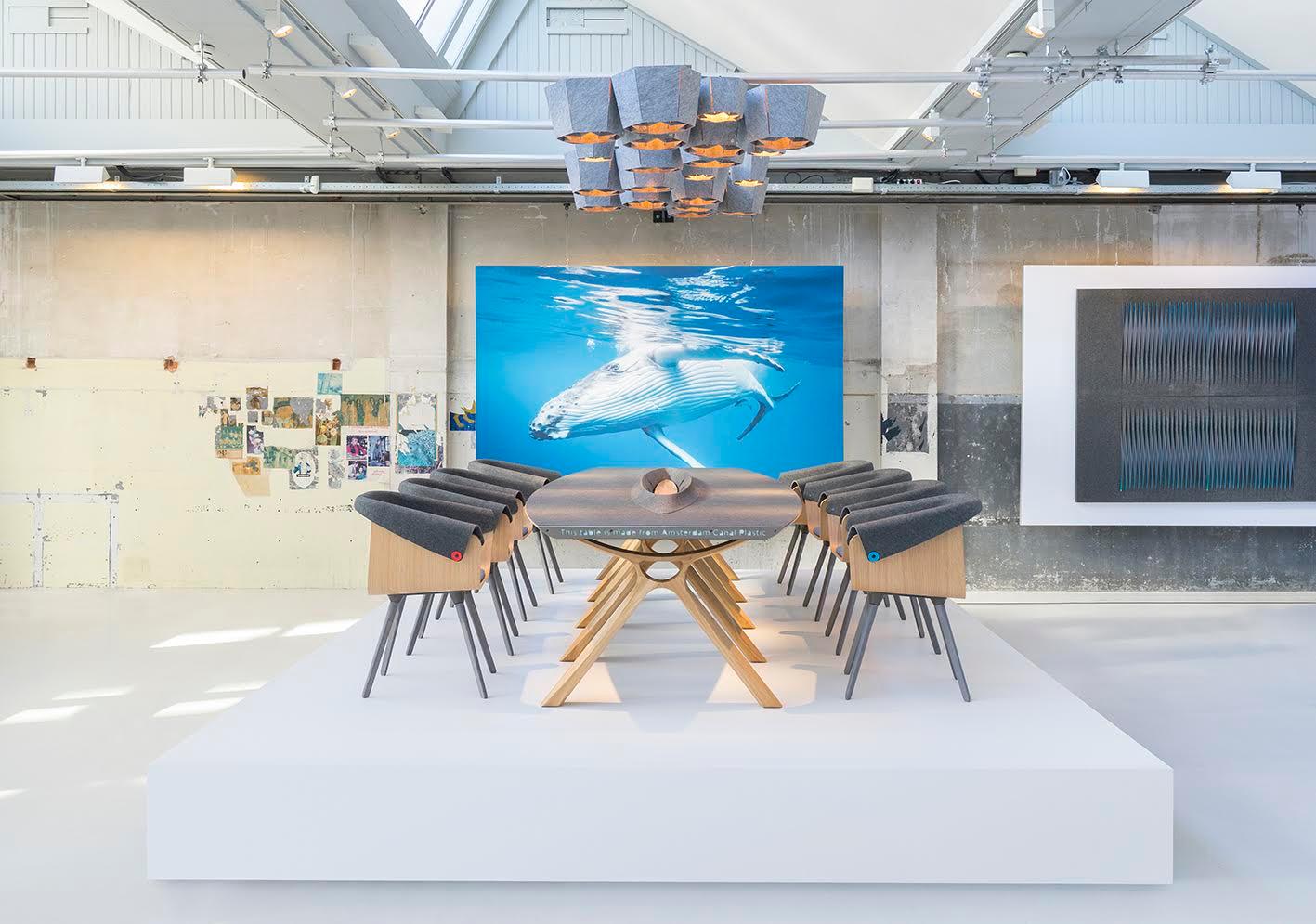
This Furniture Is Made From Plastic Found In Amsterdam's Canal
Plastic Whale Circular Furniture is made from plastic found in Amsterdam canals.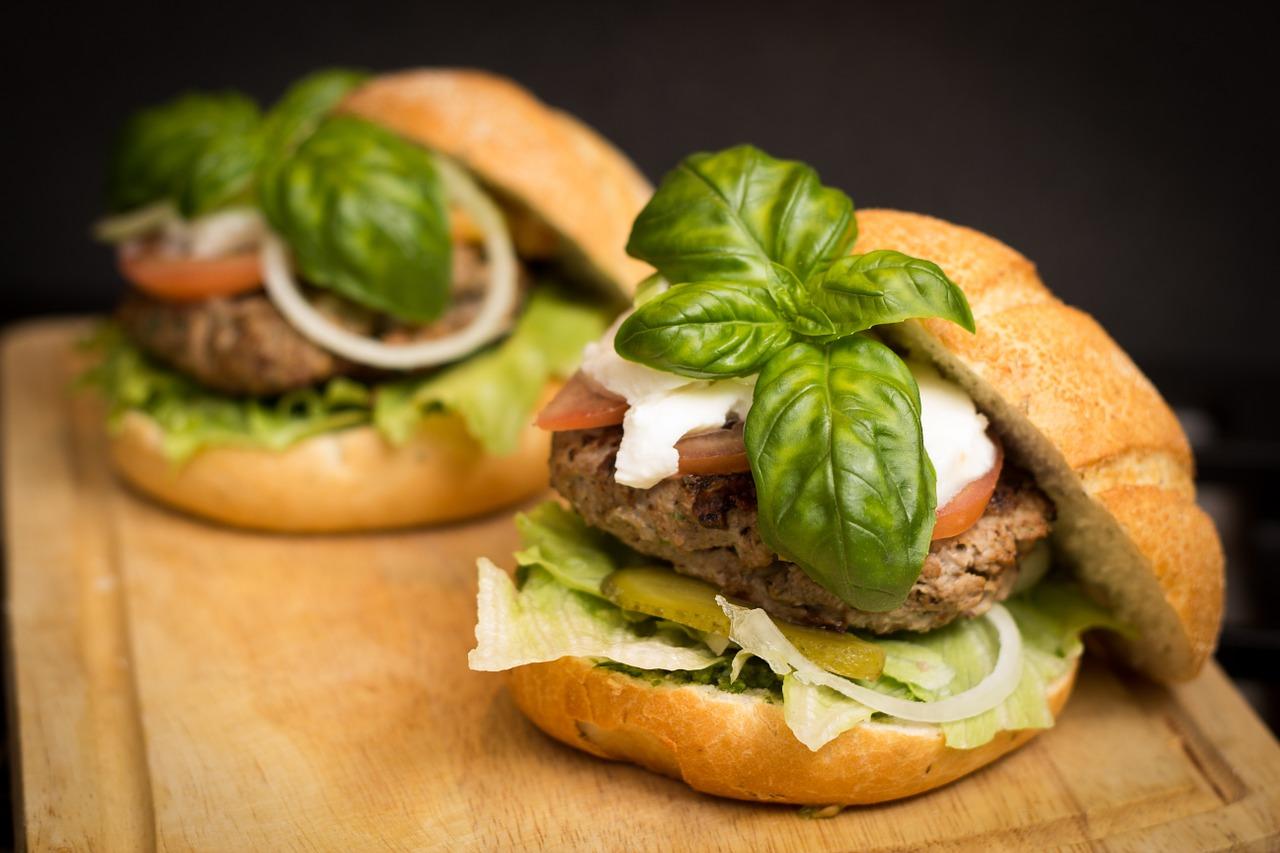
China Bites Into Lab-Grown Meat Movement To Ease Eco-Concerns
Some studies have shown that giving up meat would cause a bigger effect on climate change than giving up your car.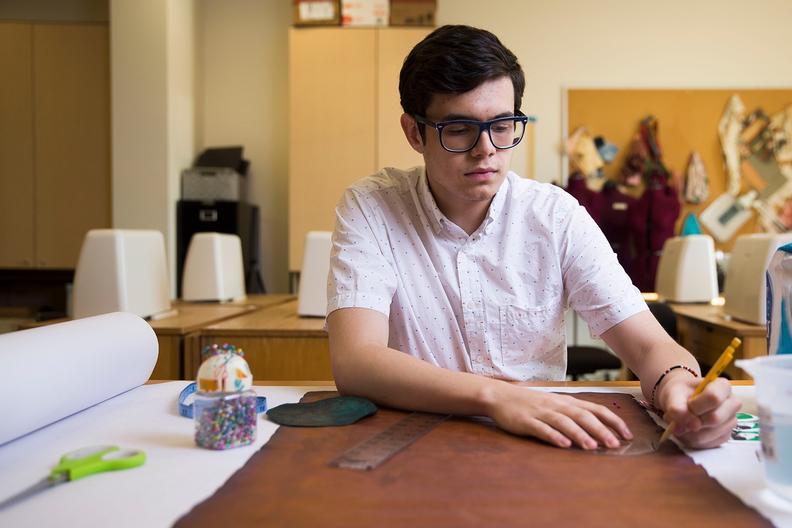
This Fashion Student Is Growing His Own Clothes
Fashion student takes it one step further and decided to grow his own clothes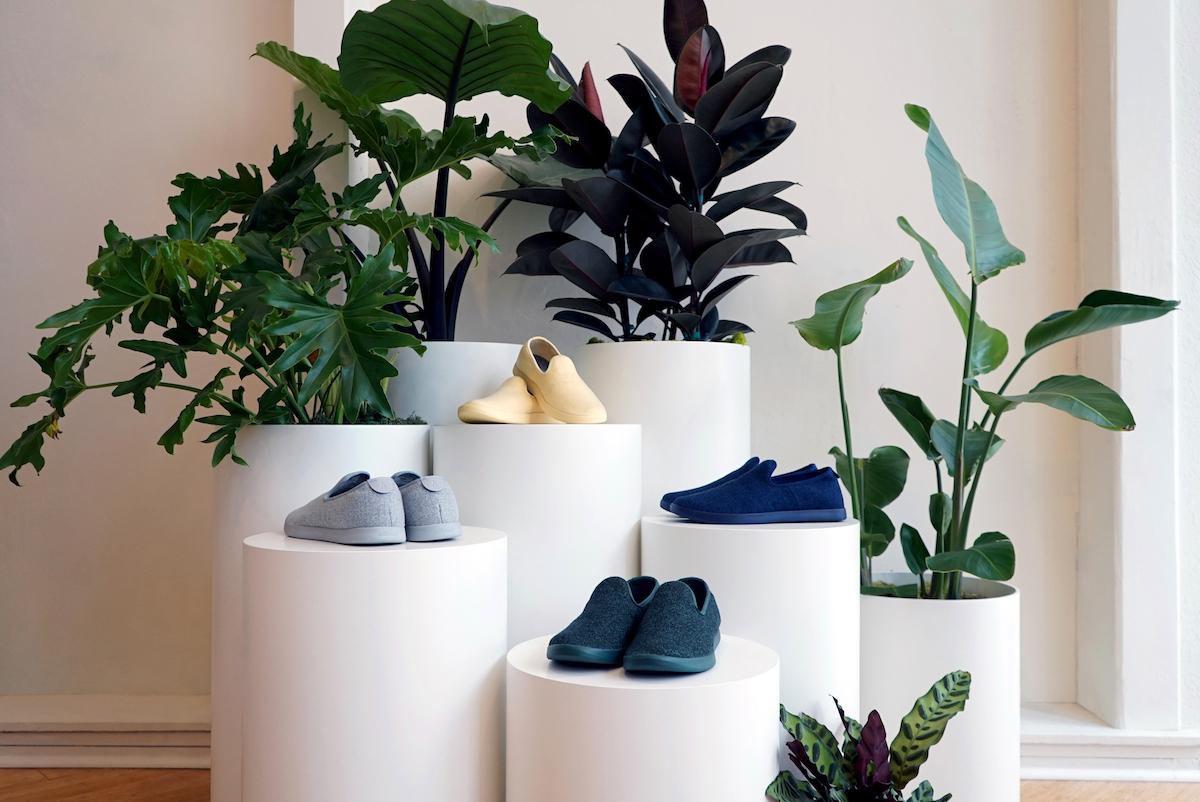
This New Line Of Shoes Is Made From Trees
Allbirds shoes do not use synthetic fibers in its shoes, but instead, natural trees and wool.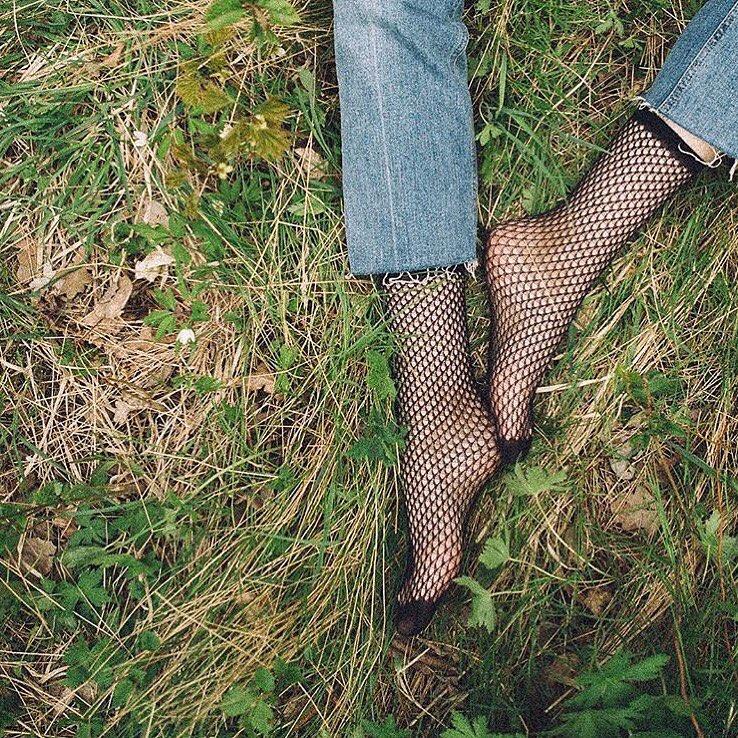
The First Ever Sustainable Stockings Brand Is Finally Here
Swedish Stockings is "a sustainable hosiery brand for the modern, conscious woman."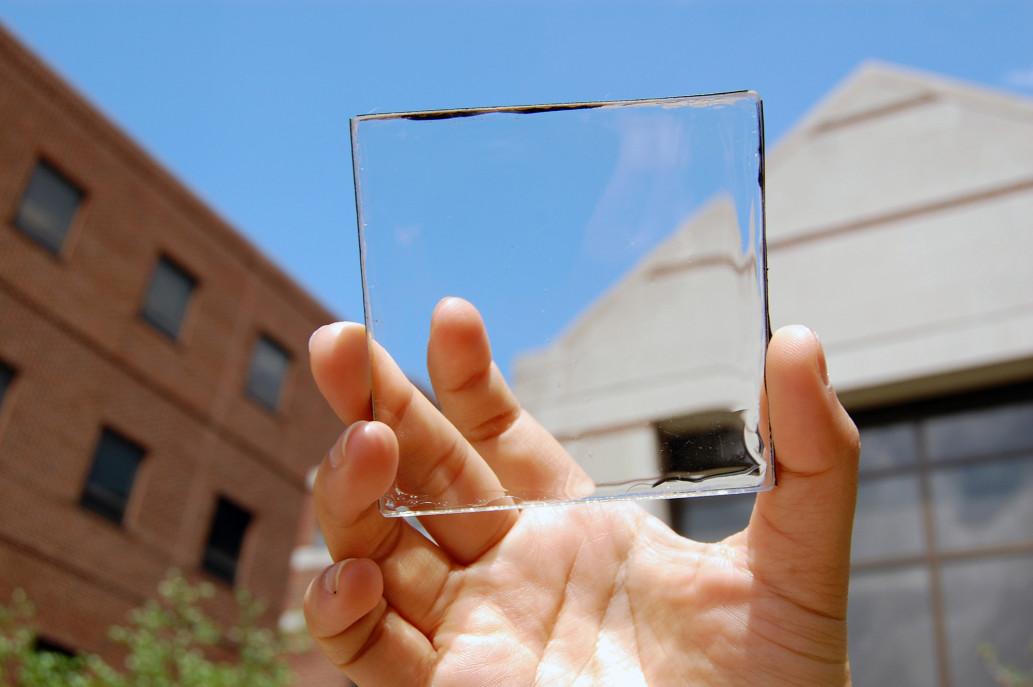
The Solar Panels Of The Future Are Invisible And They Could Power Your Home
Researchers at Michigan State University have had a breakthrough in solar technology that has led to a completely transparent solar material, which could turn your windows into solar panels.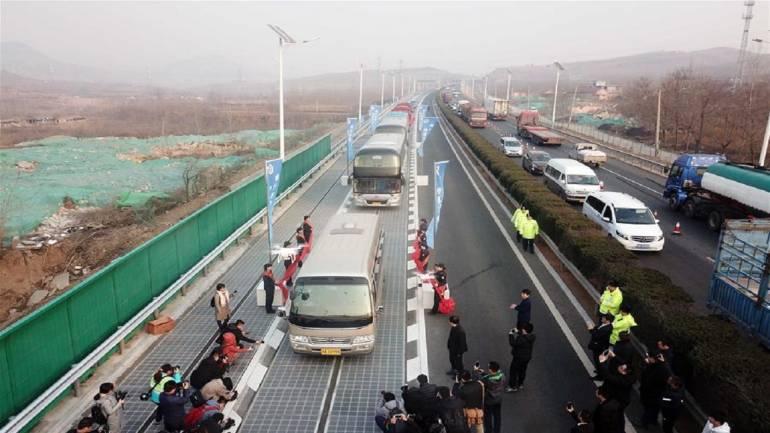
China Unveils World's First Solar-Powered Highway
Built in Jinan, the capital of China's Shandong Province, the solar panel highway stretches one kilometer and contains over 10,000 photovoltaic panels.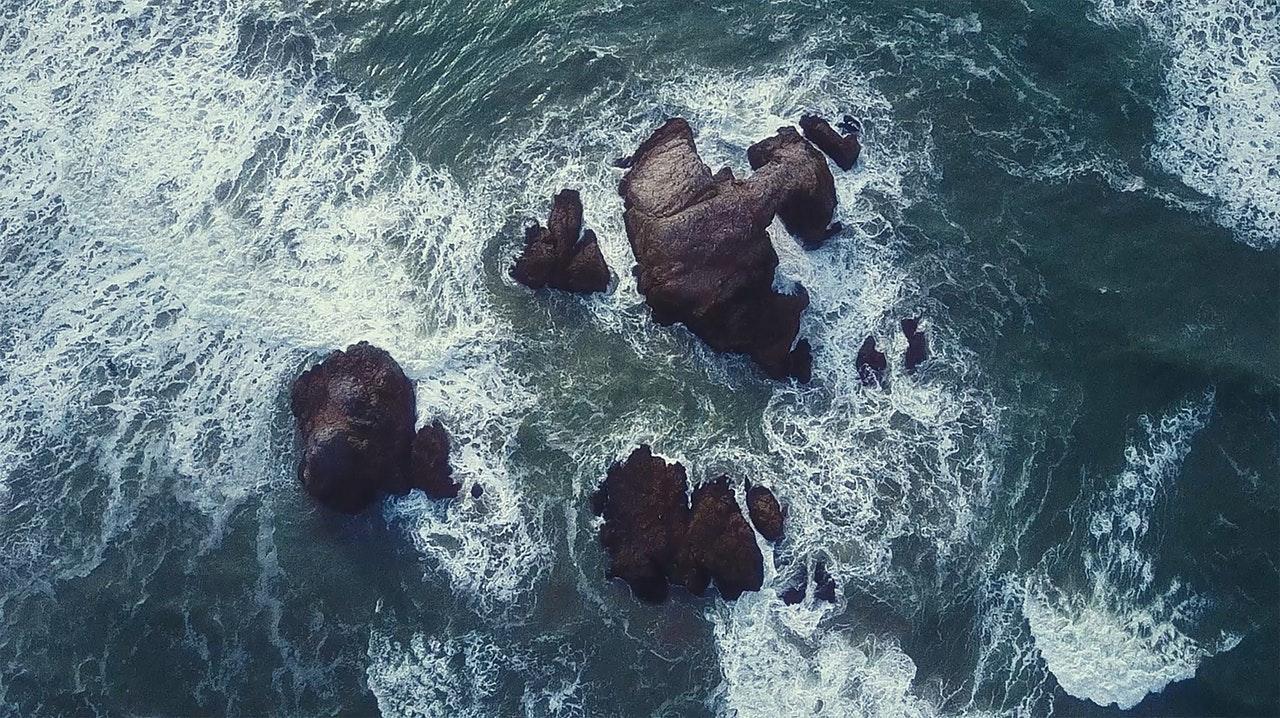
Oceans Are Bringing The Next Wave Of Renewable Energy
The Department of Energy is investing $40 million to build a facility off the Oregon coast.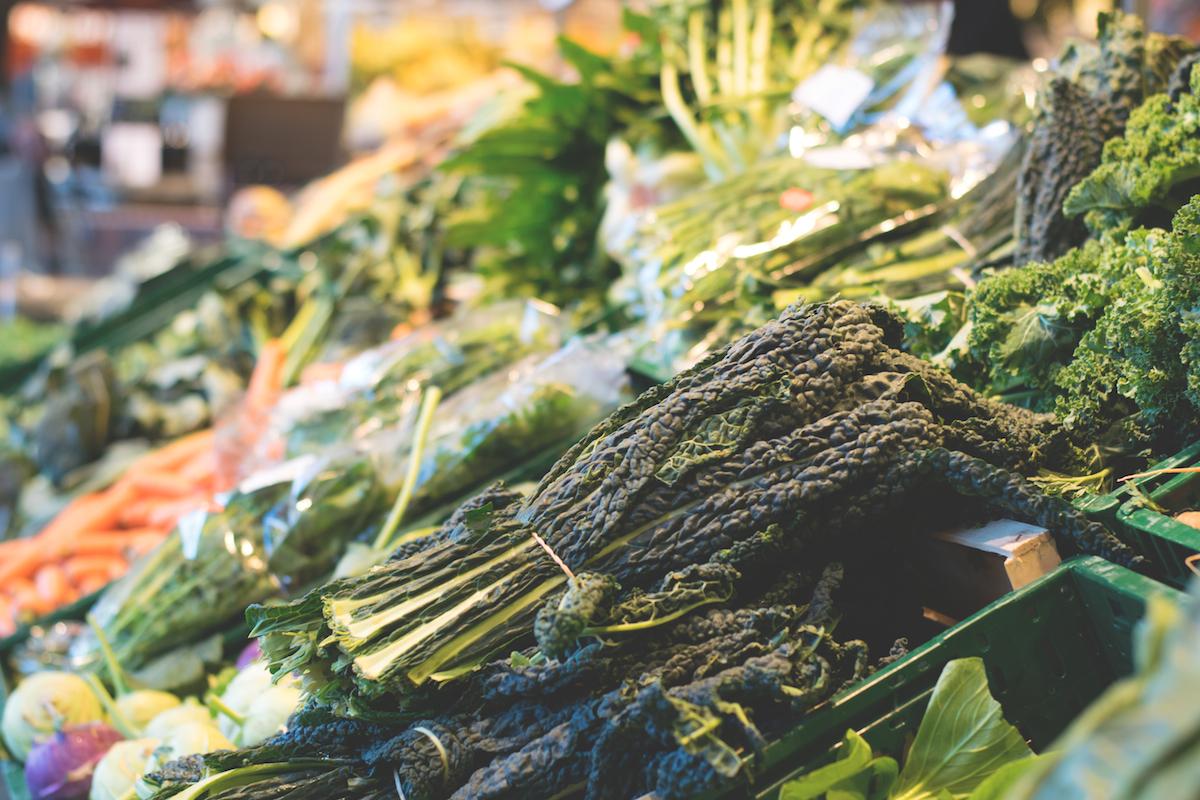
Biogas Harnessed From Food Waste Can Power Homes
In the U.S., it's estimated that we throw away 133 billion pounds of food every year. In the world, nearly one third of the total food produced ends up in the trash.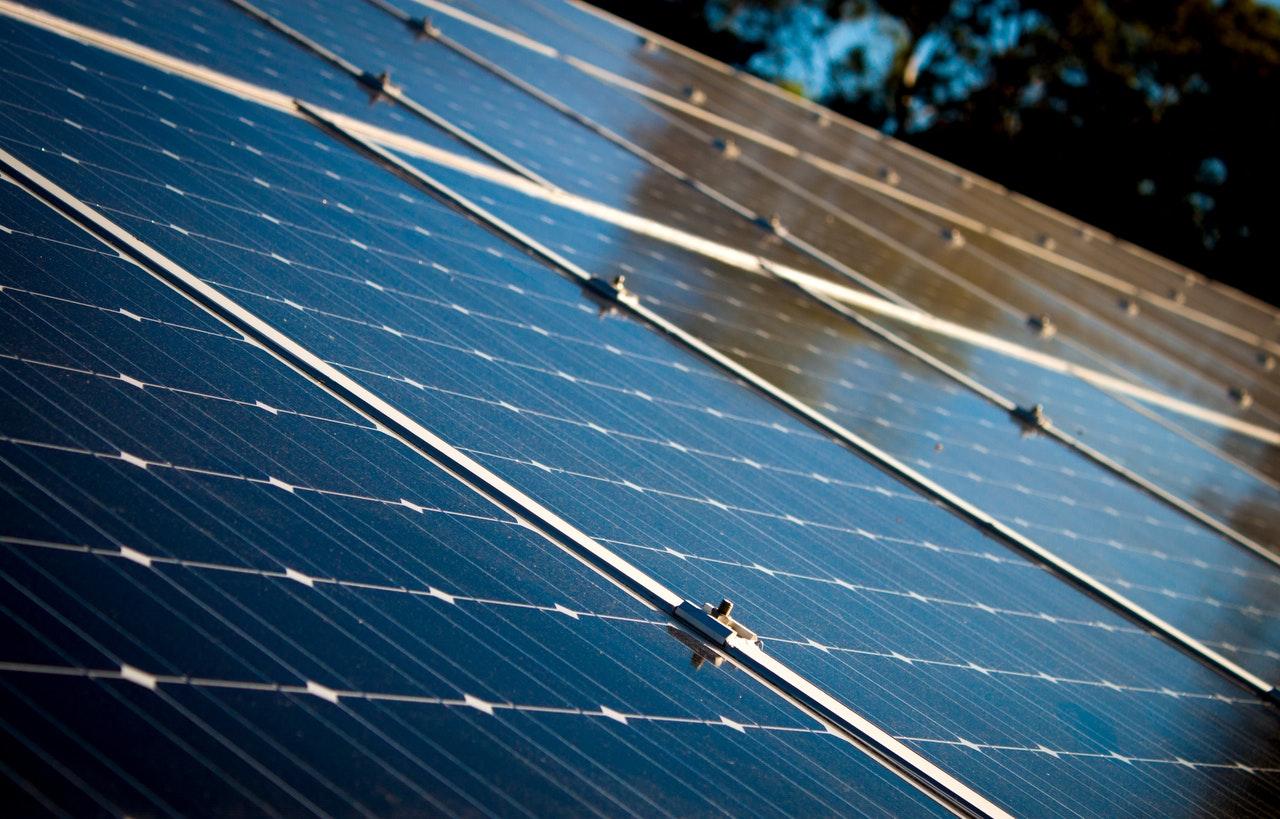
'Power On Puerto Rico' Is Sending Solar Trailers To The Island for Free

Now Even Your Pets May Be Able To Eat Lab-Grown Meat
Rich Kelleman created Bond Pet Foods, which uses the most sustainable meat possible: the kind grown in a petri dish from animal cells.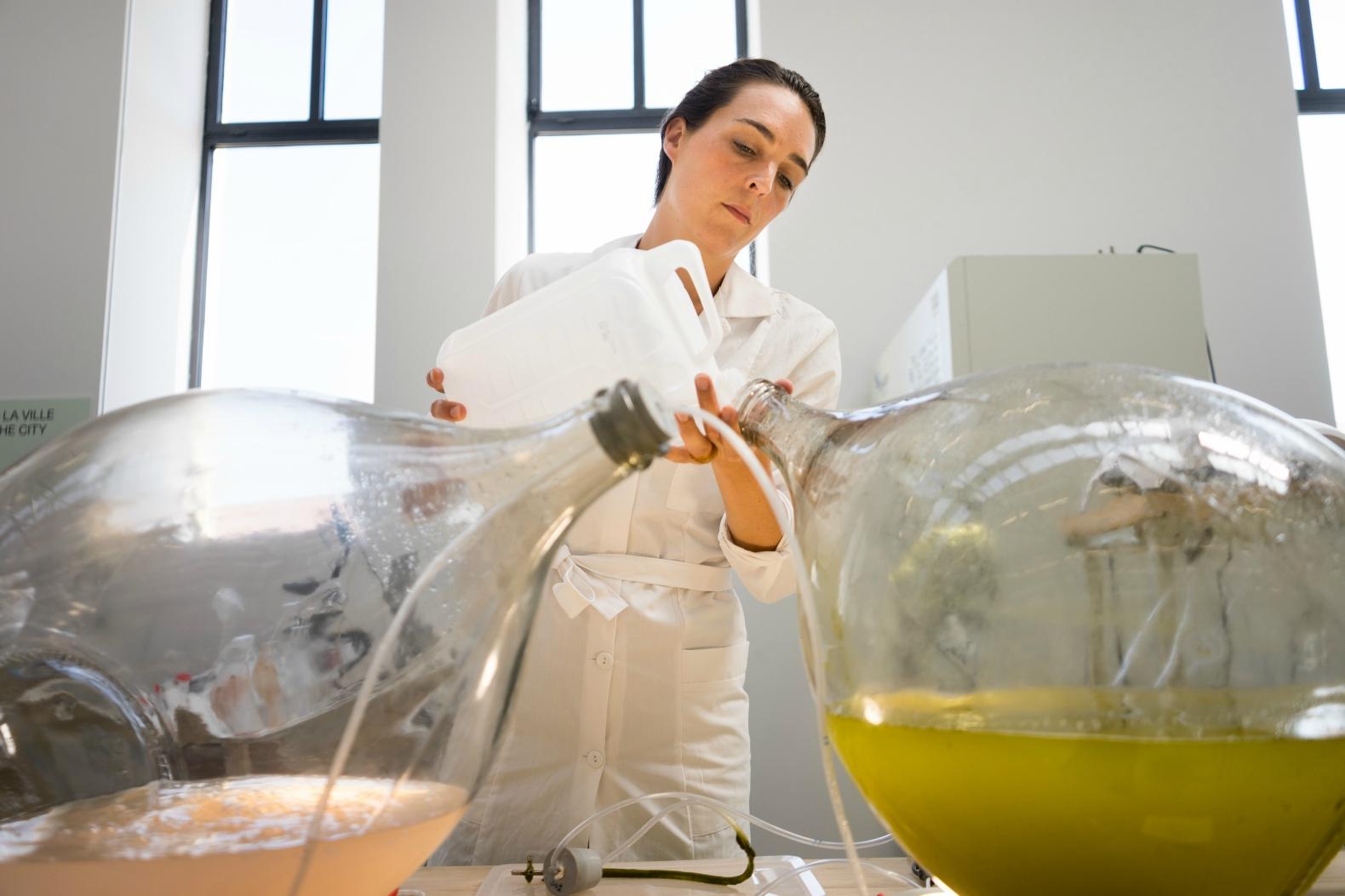
3D Printable Algae Could Be A Green Replacement For Plastic
Dutch designers Eric Klarenbeek and Maartje Dros have created a 3D-printed bioplastic made from algae, which could replace products made from fossil fuels.
Abandoned Coal Mines Are Being Reimagined As Solar Farms
Abandoned coal mines around the world are getting a second life as sites for large-scale solar fames, like the 150-megawatt floating solar farm in Huanian.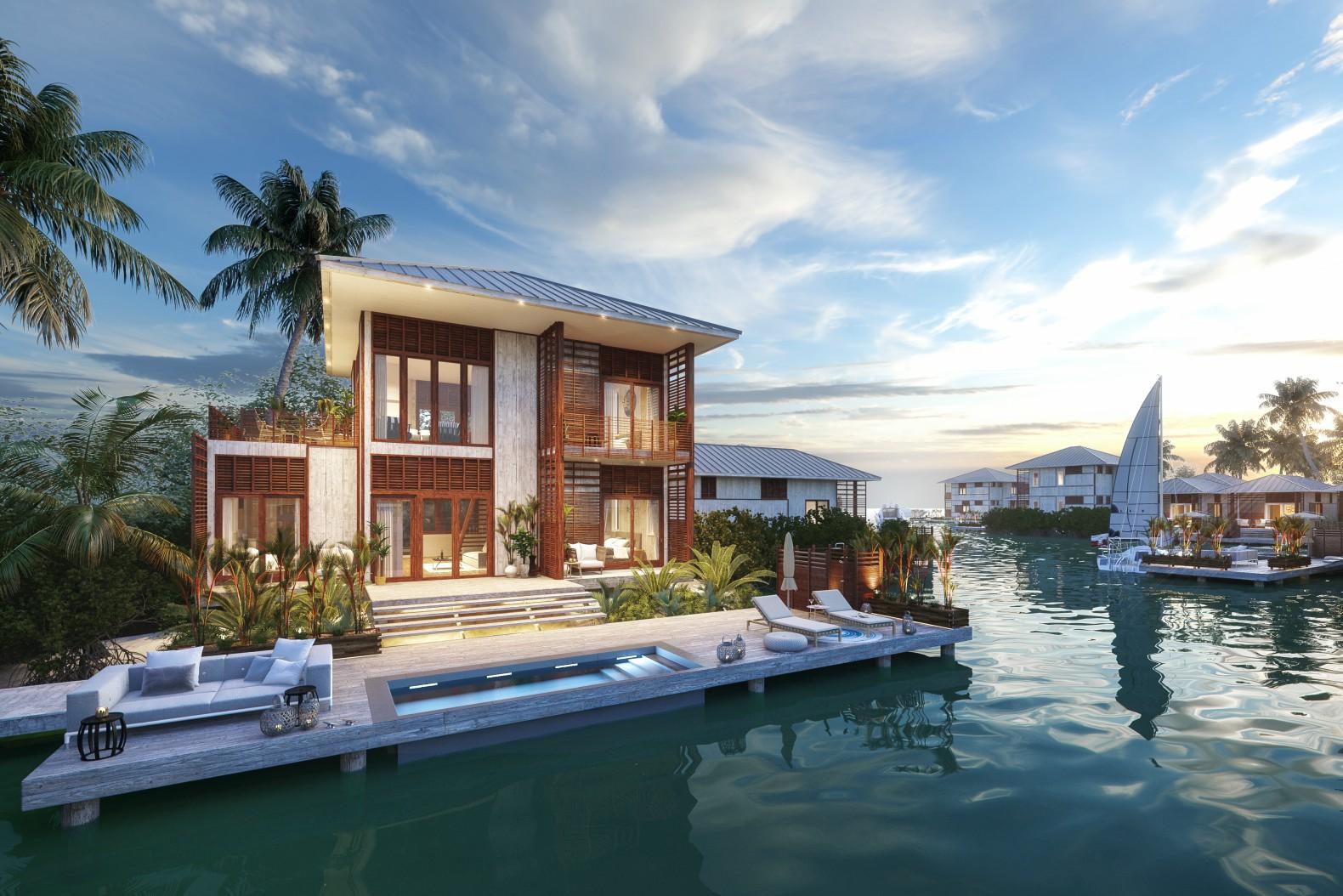
The Caribbean Is Getting Its First Carbon Neutral Eco-Resort
The Caribbean will soon be home to the Itz'ana Resort & Residences, a luxury eco-resort in Belize that promises to be completely carbon neutral
The 'Lotus Trolley Bag' Combines Style With Eco-Friendly Function
San Diego husband and wife duo Farzan and Jen Dehmoubed invented the Lotus Trolley Bag — a reusable shopping bag hangs accordion style inside a shopping cart.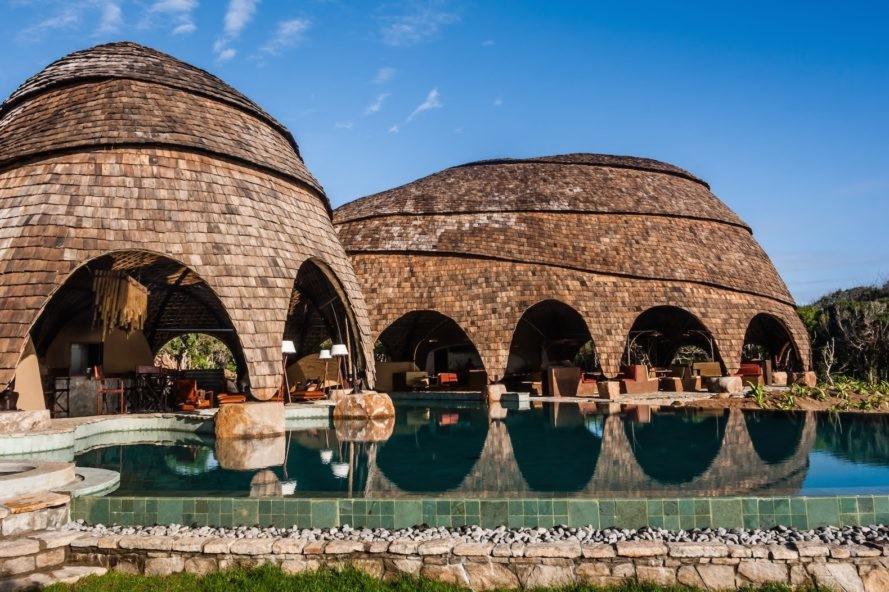
Sri Lanka's Famous Wildlife Park Now Offers Luxurious Eco-Lodging
The Yala National Park in Sri Lanka now has a five-star luxury eco-resort called the Wild Coast Tented Lodge set between the beaches and the park's wilderness.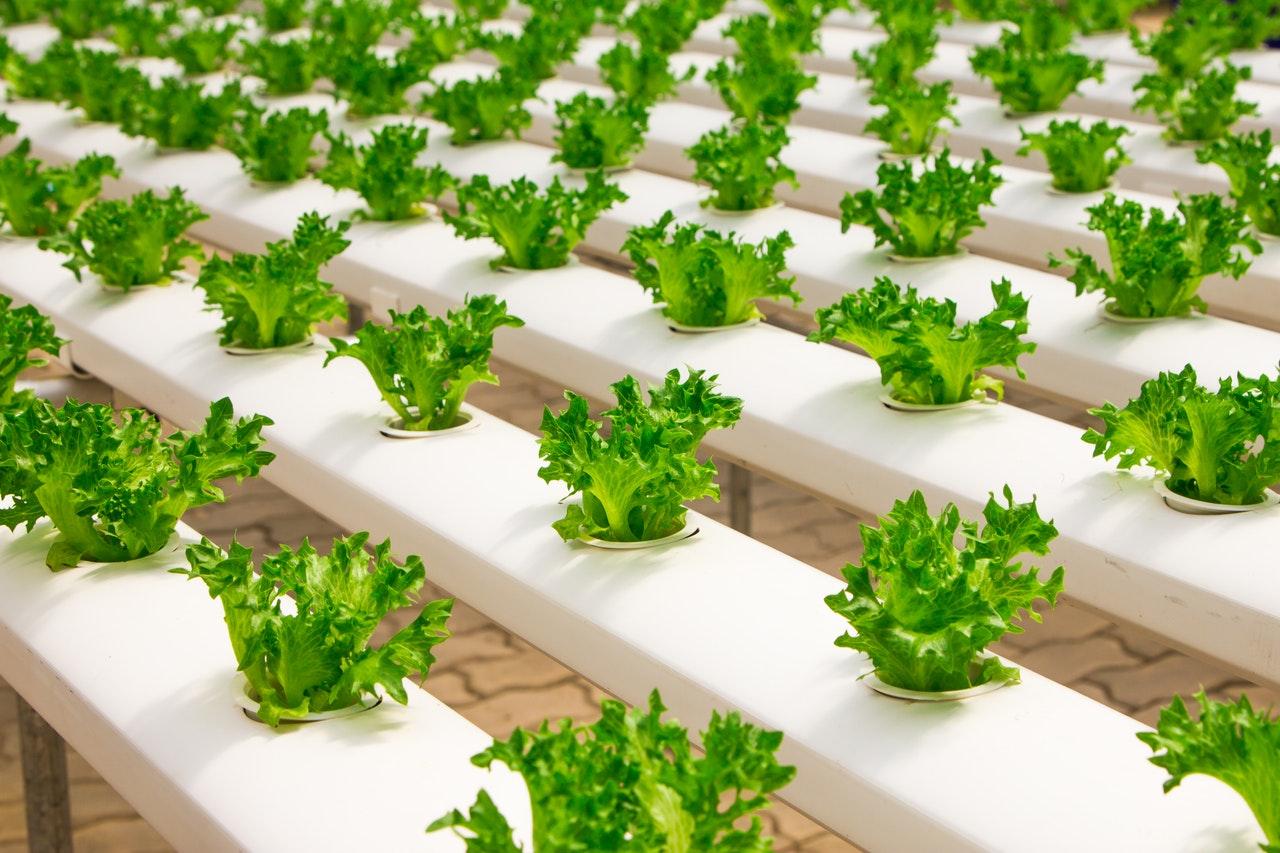
Tokyo Rail Operator Explores 'Train To Table' Urban Farming
Tokyo Metro, Tokyo's most-used rapid transit system, is dabbling in hydroponic farming with Tokyo Salad, growing food where millions of people pass through every day.
New Italian Tomato Factory Will Be Built From Tomato Sauce Jars
Mutti, an Italian company that processes 300,000 tons of tomatoes annually, has unveiled plans to build a new factory out of thousands of glass tomato jars.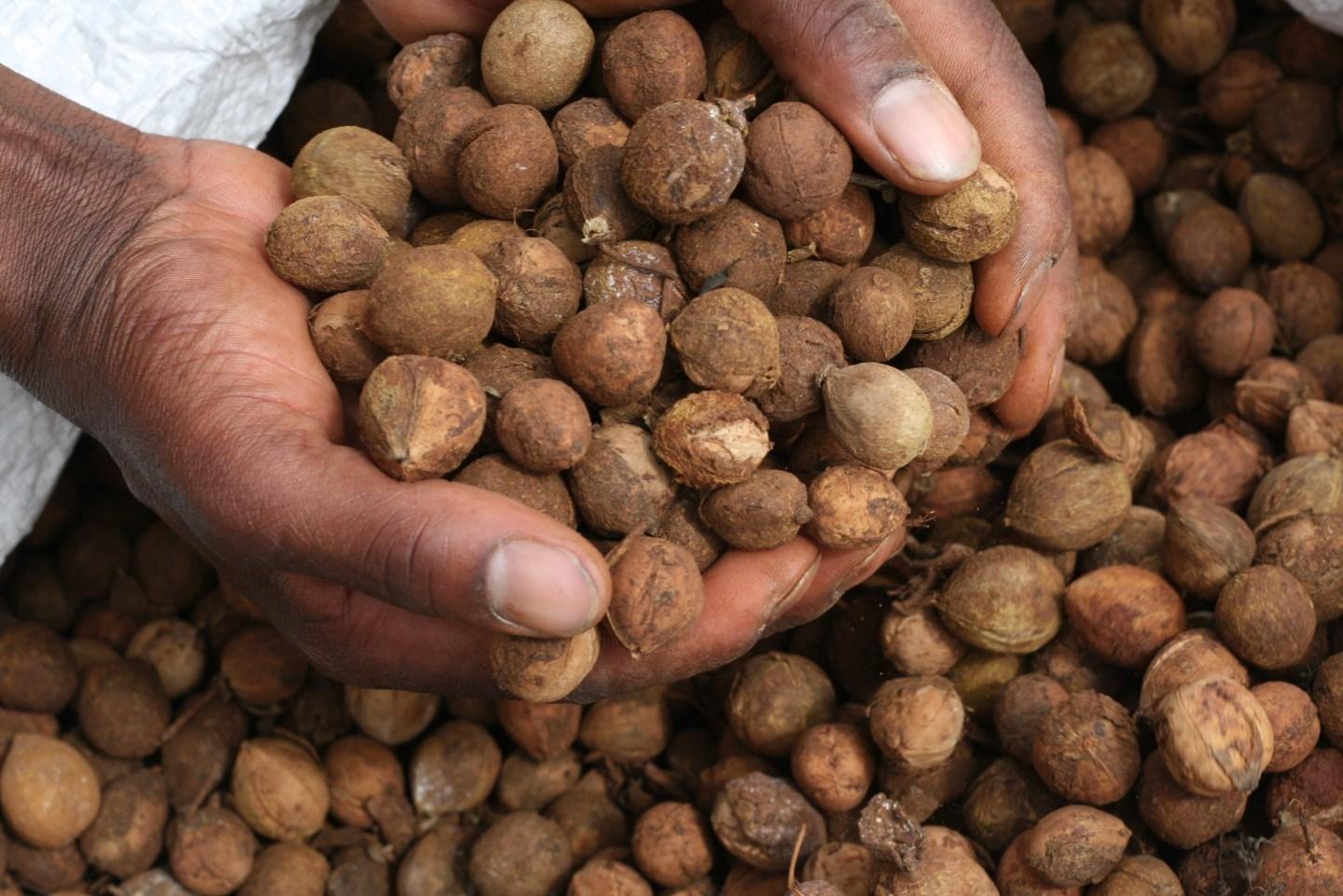
Kenya's Croton Nuts Could Be The Future Of Biofuels
The prevalent shrub, known as the croton tree, that grows across Kenya could be the key to a sustainable source of biofuel, set to replace diesel.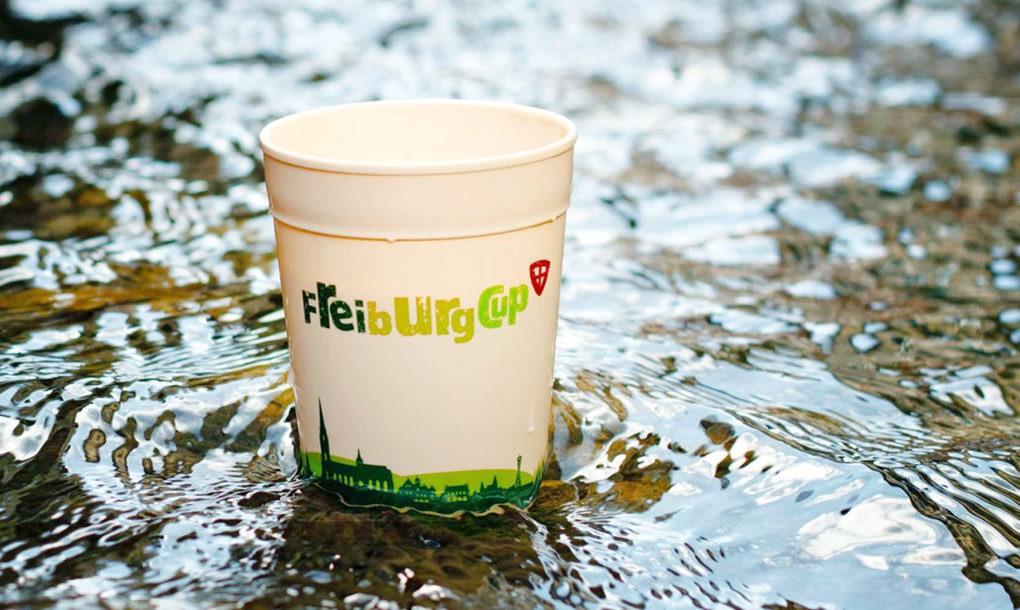
This German City Has A Unique City-Wide Alternative To Disposable Cups
The German city of Freiburg has created the Freiburg Cup, a reusable, plastic to-go cup with a disposable lid that customers can buy with a 1 euro deposit and return for re-use.-1515605671638.jpeg)
Nest Bedding Is Making A 100% Recycled Cardboard Bedroom Set
Nest Bedding is launching Bedgami, America's first cardboard platform bed, which can be assembled and dissembled without the use of tools.
France Tops Sustainability Charts For Reducing Food Waste
According to the Economist Intelligence Unit and the Barilla Center for Food and Nutrition, France is No. 1 when it comes to food waste policies.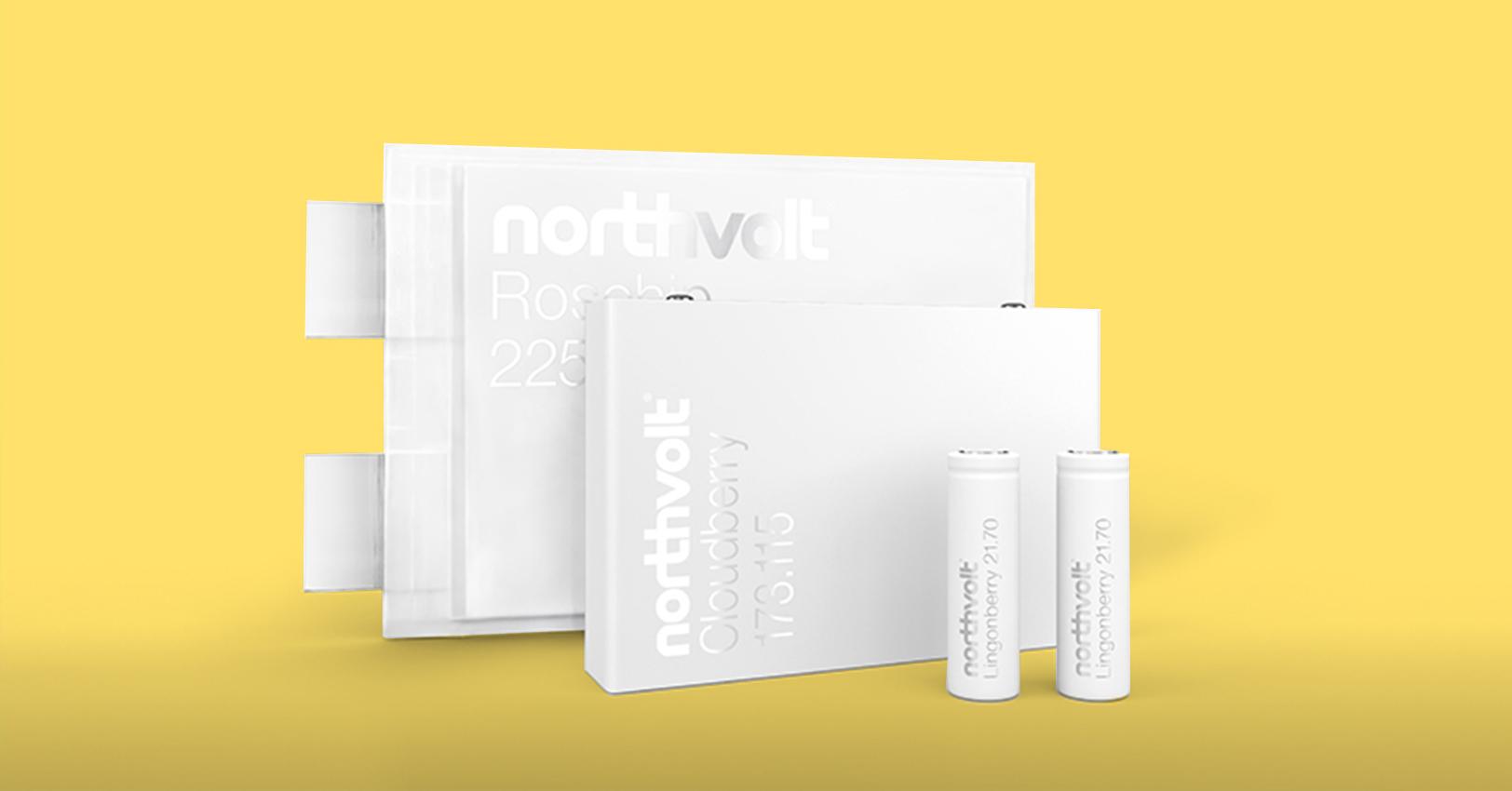
World's Greenest Batteries On The Horizon In Sweden
In the quest to build sustainable batteries, Peter Carlsson may be the right guy for the job.
Proposed Eco-Resort Aims To Greenify Tourism In The Philippines
Paris-based architect Vincent Callebaut has unveiled a proposal for a new eco-resort preserving ecology in the Philippines while respecting the area's unique ecosystems.
This 'Revolutionary Farm' Produces World's First Carbon-Neutral Egg
A company in The Netherlands has successfully created the worlds first carbon neutral egg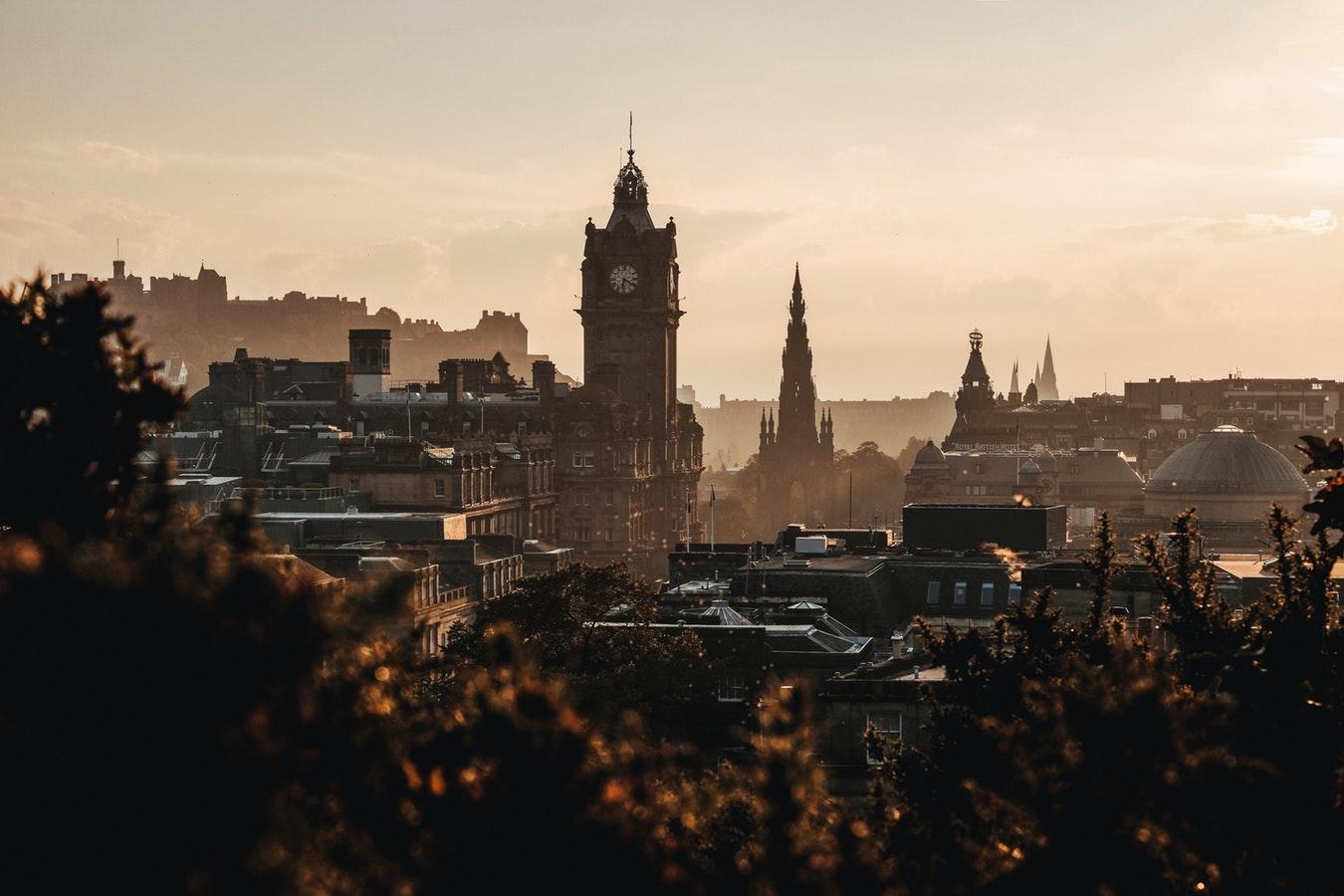
These Three Cities In Scotland Are Now Zero-Waste Utopias
Perth, Leith, and Edinburgh are three more cities in Scotland who have gained "Zero Waste Town" status — joining Dunbar and the Isle of Bute.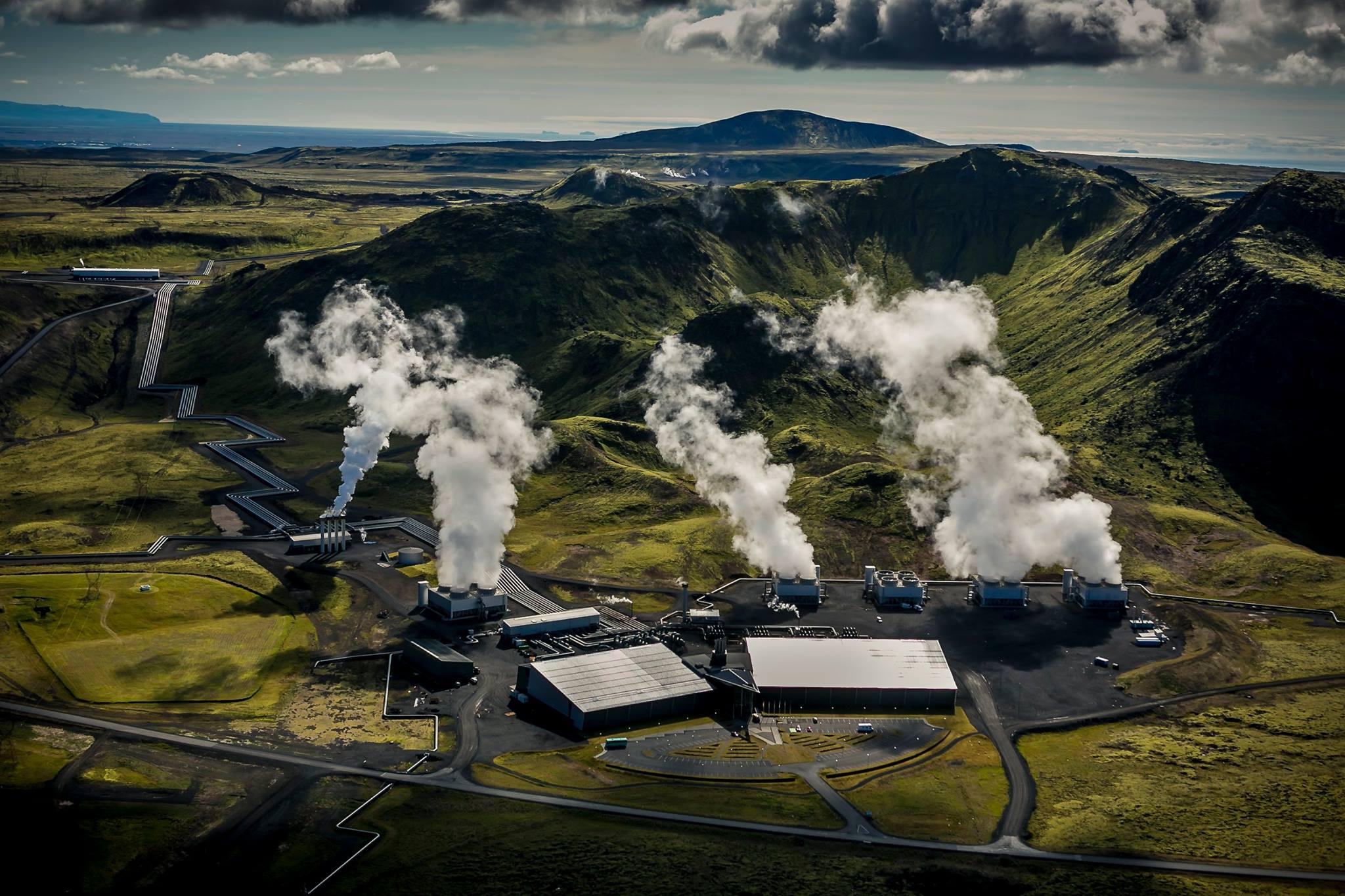
World’s First 'Negative Emissions' Plant Turns Carbon Dioxide To Stone
Until this point, most scientists put their focus on curbing carbon emissions as the number one solution.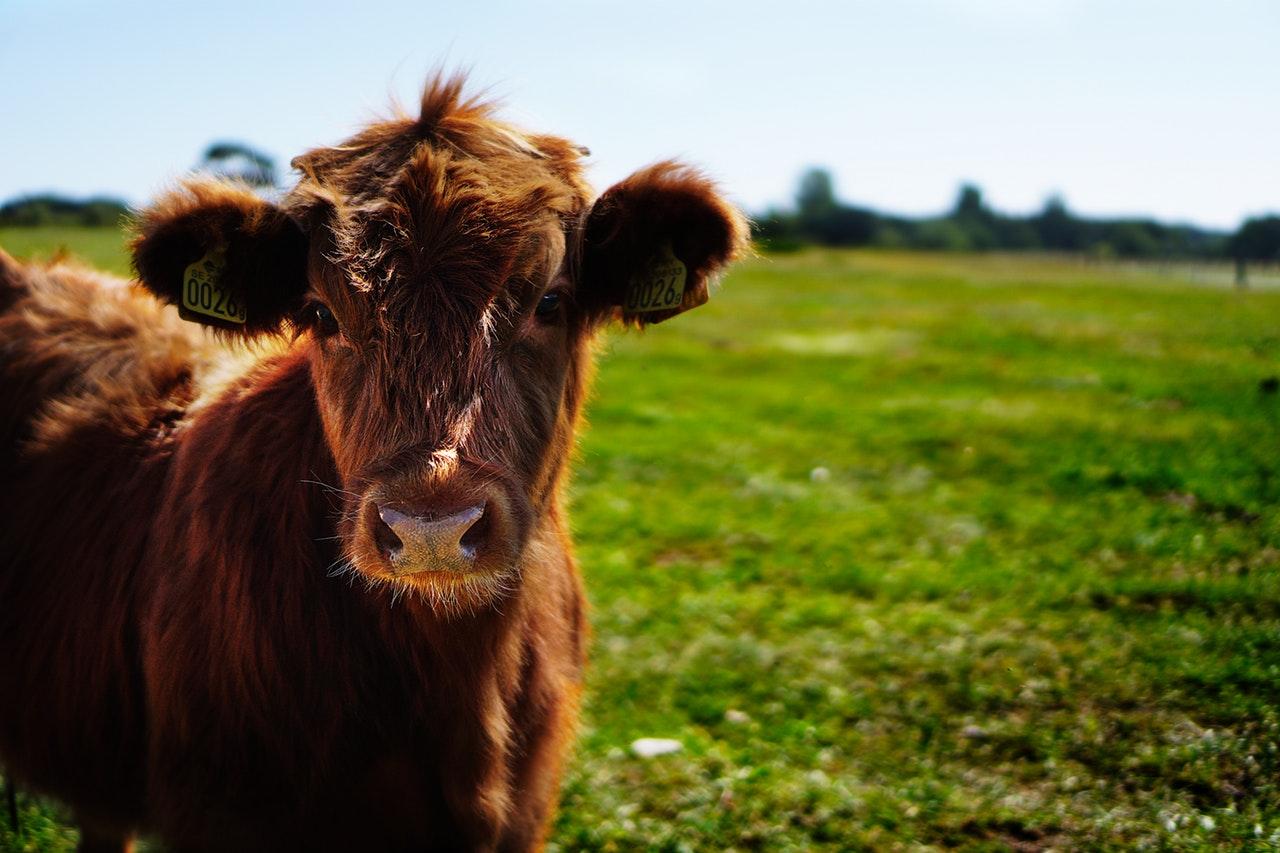
Dairy Company Drives Eco-Change With Solar-Powered Trucks
Processed food travels an average of 1,300 miles before hitting your plate, expelling huge amounts of greenhouse gas emissions into the atmosphere and contributing to climate change.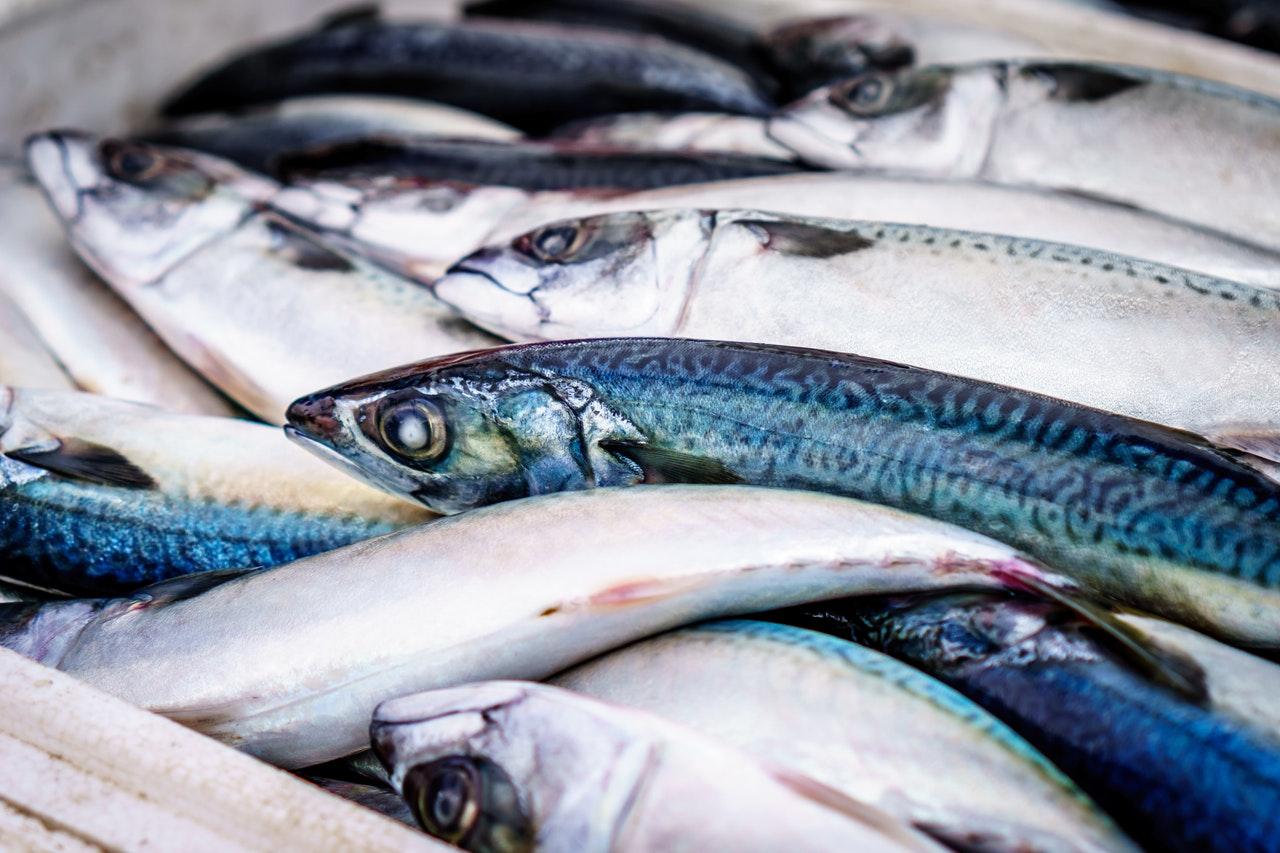
This Company Found A Way For Carbon Dioxide To Help Overfishing
NovoNutrients collects untreated carbon dioxide and other emissions from various industrial sources and pipes it into their plant.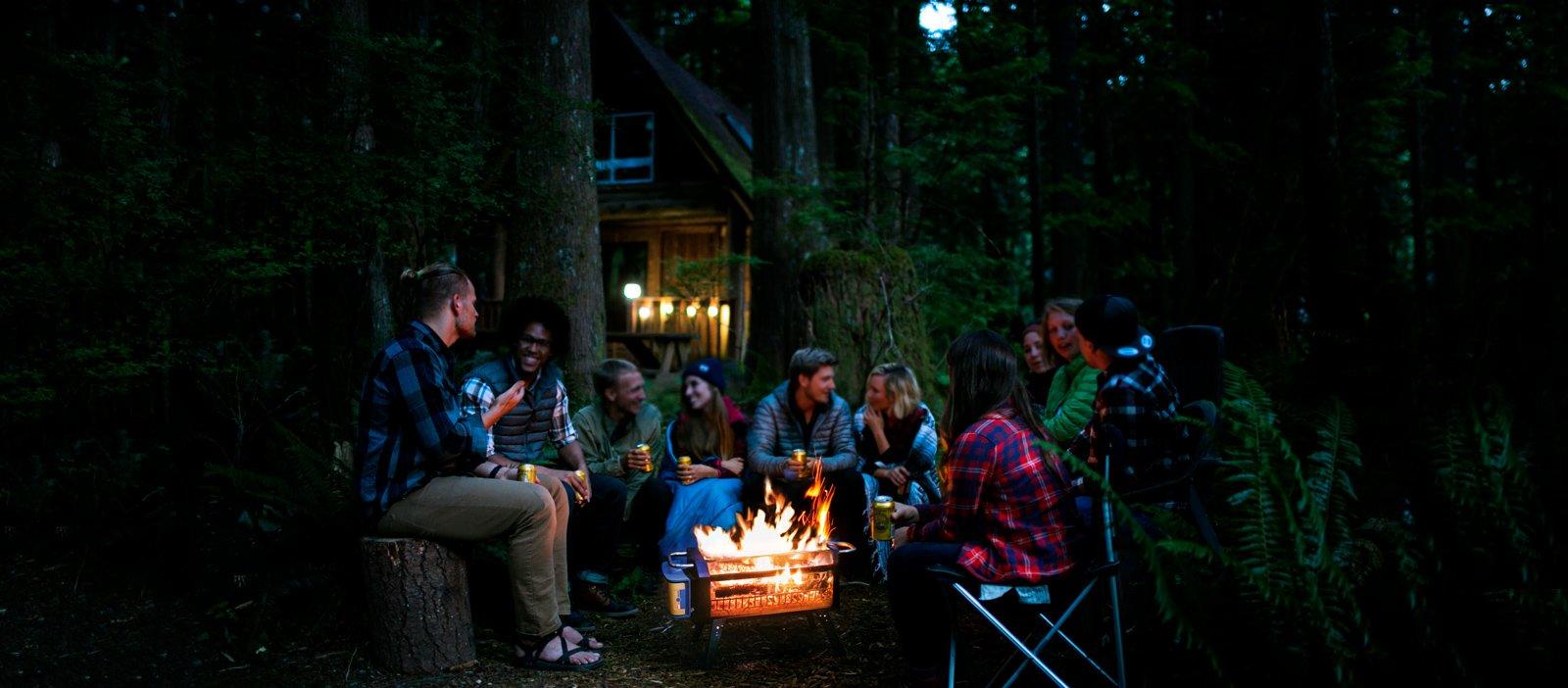
Biolite's Smokeless Fire Pit Makes Camping Easy On The Environment
Biolite has several products aimed at greening up your camp experience.
Vertical Farms Are On Their Way To Restaurants, Thanks To This Startup
Farmwall utilizes a closed-loop, aquaponic system using water, fish, and sun to grow produce. It eliminates packaging waste and high food miles while introducing quality, freshness, and variety into Melbourne’s restaurants.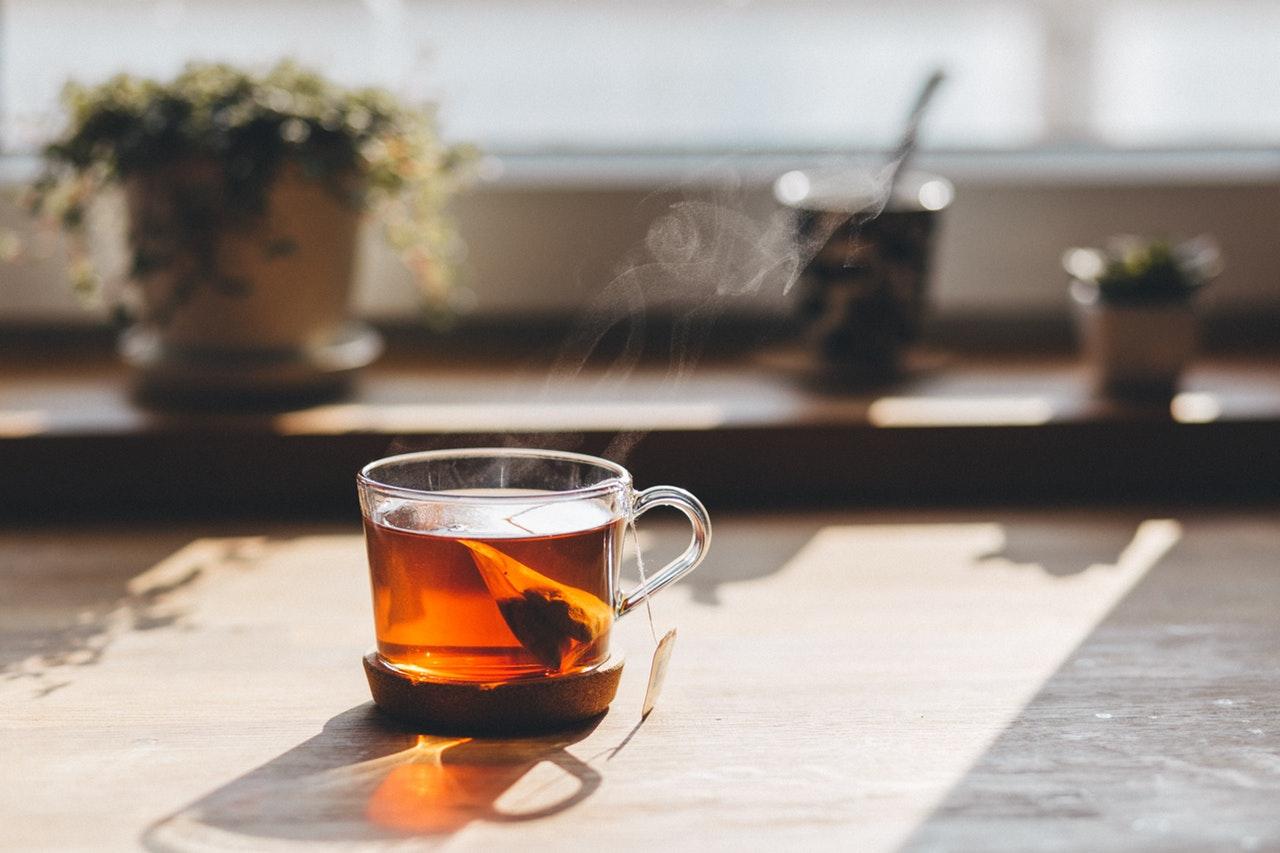
PG Tips Switches From Plastic To Fully Compostable Tea Bags
PG Tips is ditching its plastic-based teabags in favor of biodegradable ones made from 100 percent renewable, plant-based materials.
How The Oscars Just Became More Sustainable
Repeat Roses is working to "green" the Oscars by making sure the parties' flowers don't make their way to the landfill.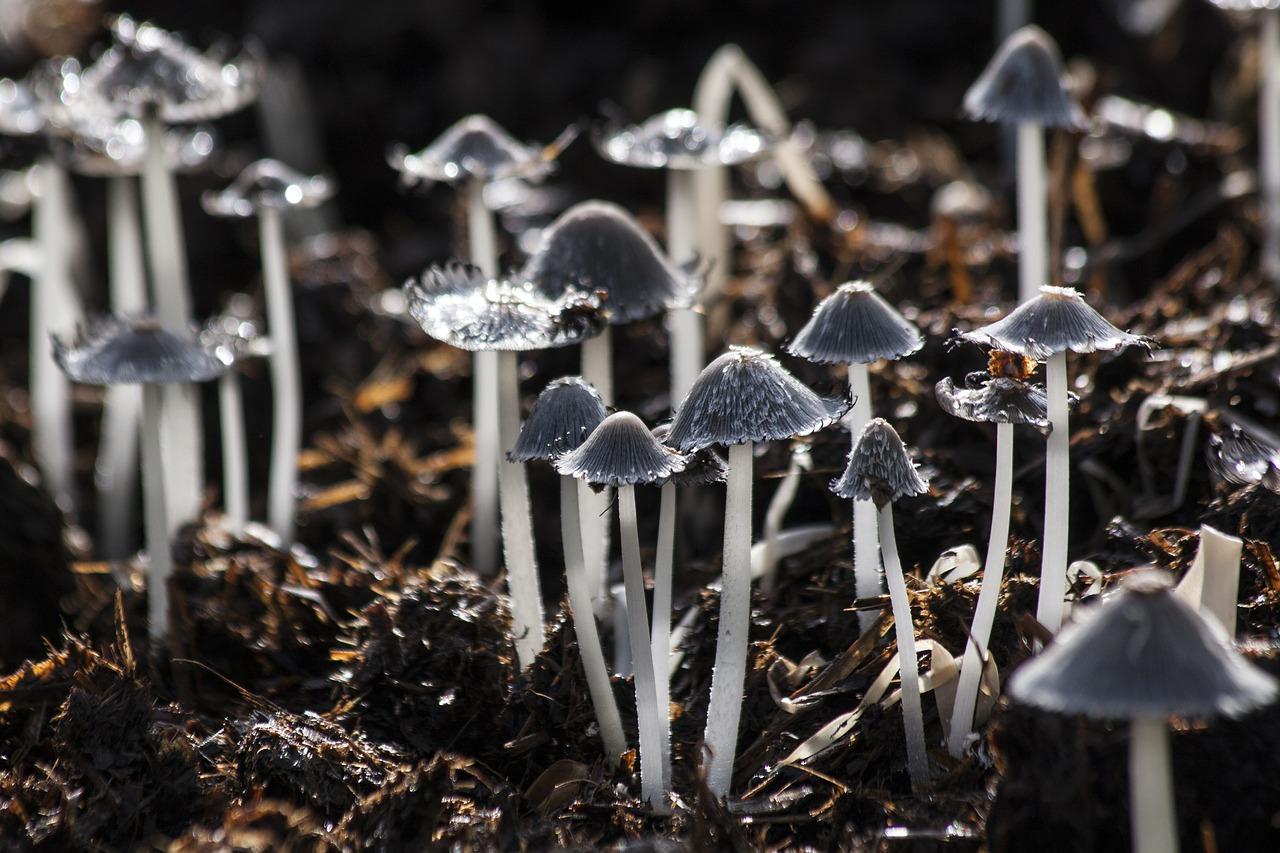
This Plastic-Eating Mushroom Cleans Up Non-Biodegradable Waste
More than 8 million tons of plastic are dumped into our oceans every year, polluting the water, killing ocean life, and eventually ending up in on our table in the form of shellfish and even salt.
New Distillery Turns Food Waste Into Vodka
Sam Chereskin and Whit Rigali founded Misadventure Vodka, which makes all its liquor from discarded starches.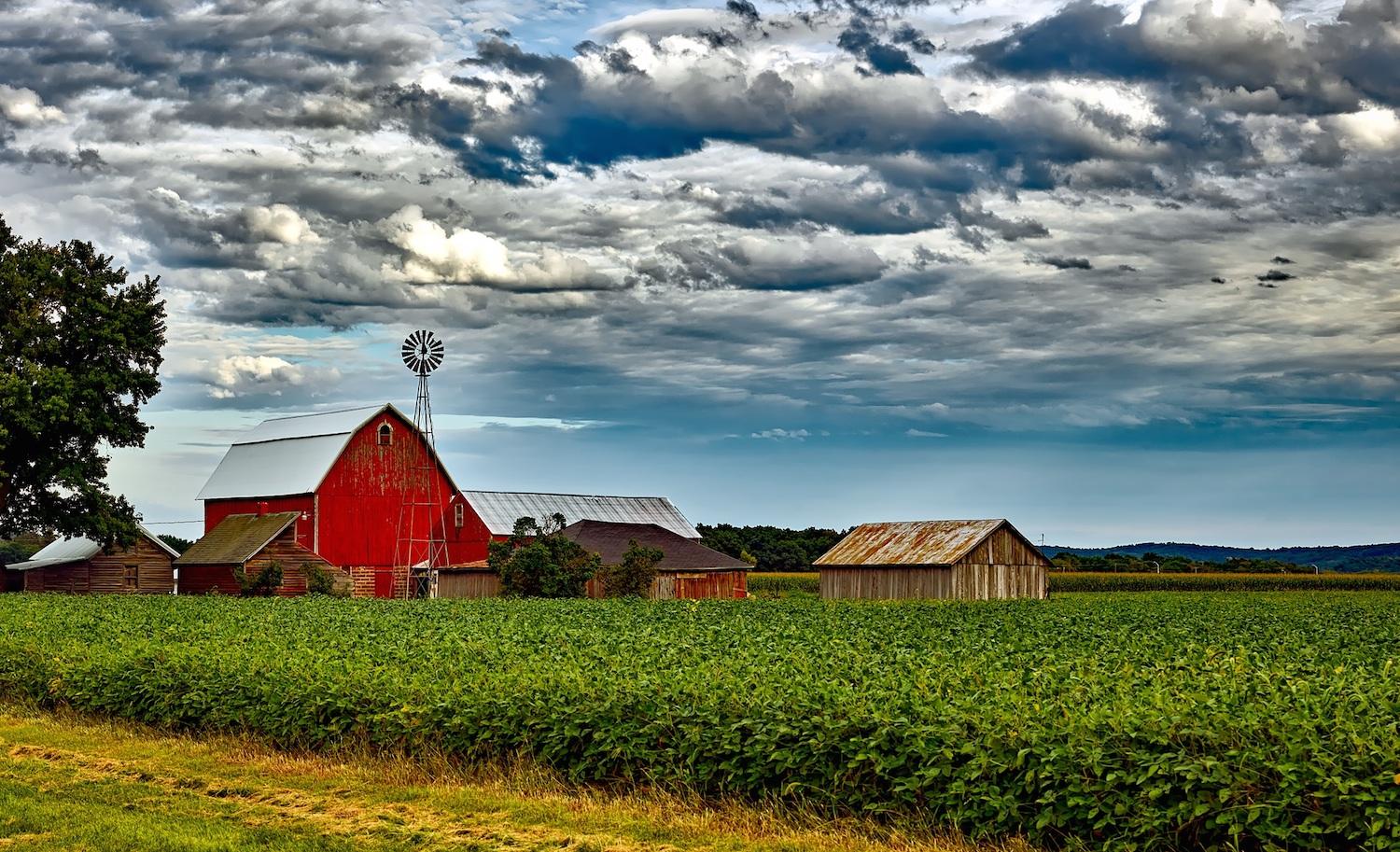
Robots Plant And Harvest Barley Without Help From Humans
Last October, scientists at Harper Adams University in Edgmond, England, decided to experiment with the prospect of creating a fully automated, robot-grown farm.
This Startup Engineers Crops That Fertilize Themselves
A genetic engineering startup has developed a technology with the power to transform agriculture: a self-fertilizing plant.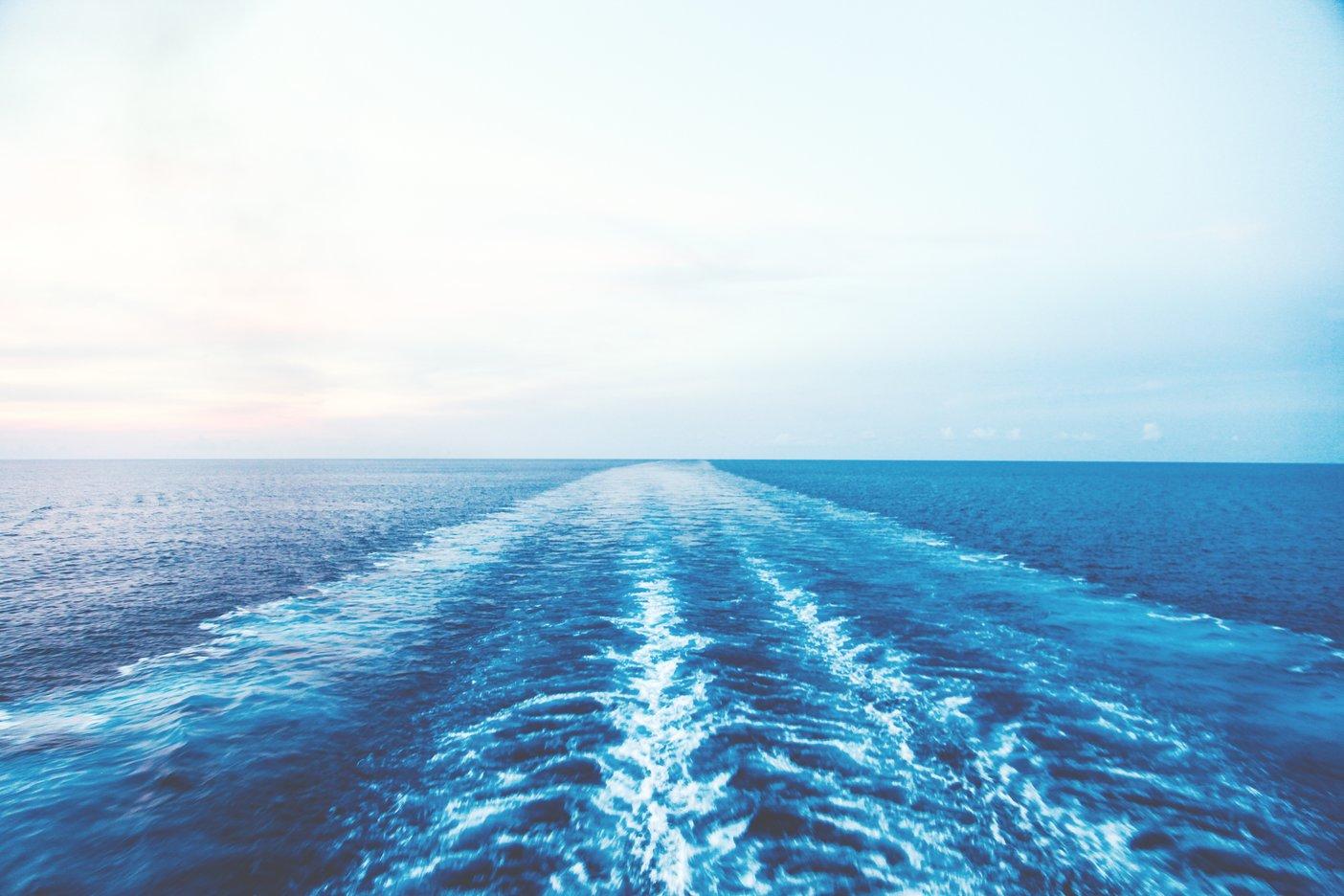
Innovative Method Pulls Hydrogen Fuel From Seawater Using Only Sunshine
A team from the University of Central Florida has developed a nanomaterial that can release hydrogen from seawater much more cheaply and efficiently than existing methods, potentially giving us another way of unlocking this sustainable energy source.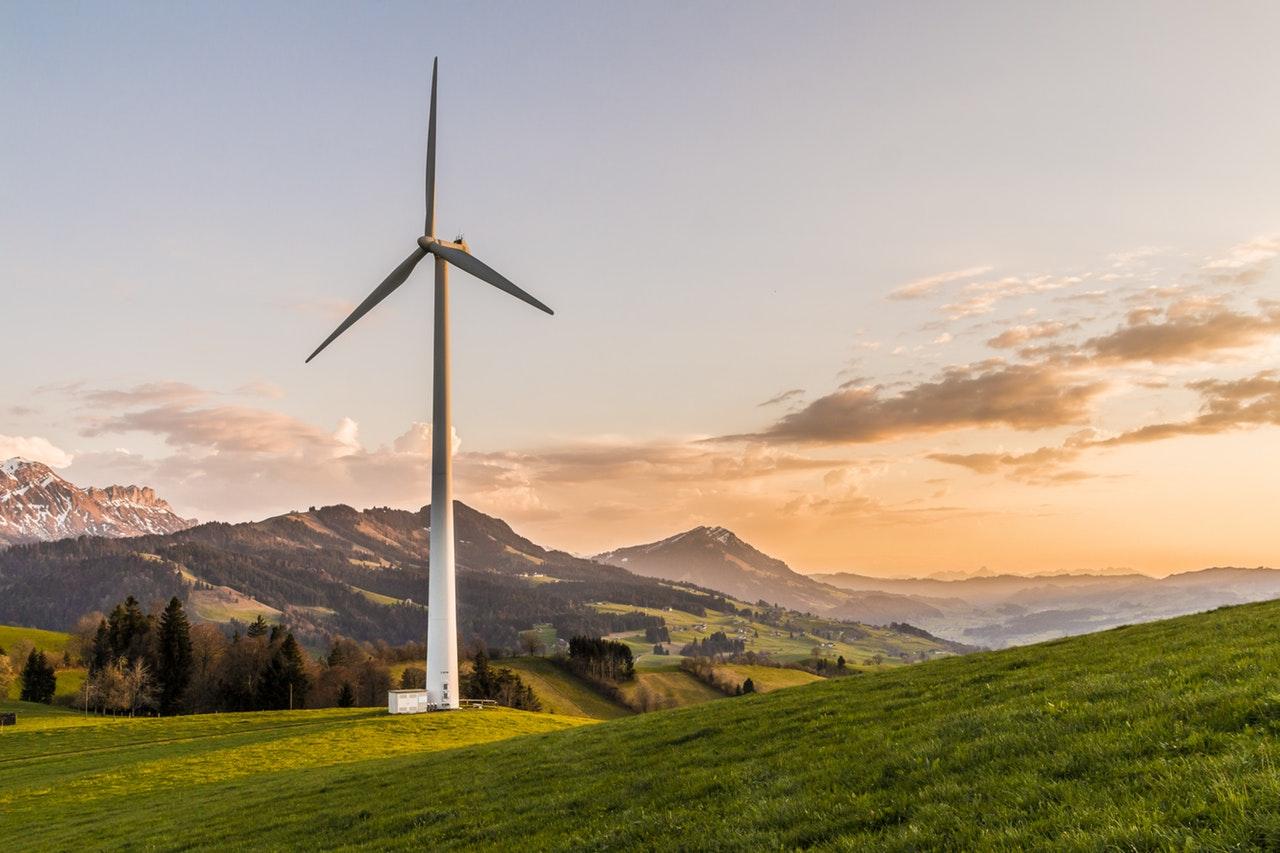
Microsoft Buys Into Ireland's Wind Power For Next 15 Years
Microsoft has struck a deal with General Electric to buy all of the energy.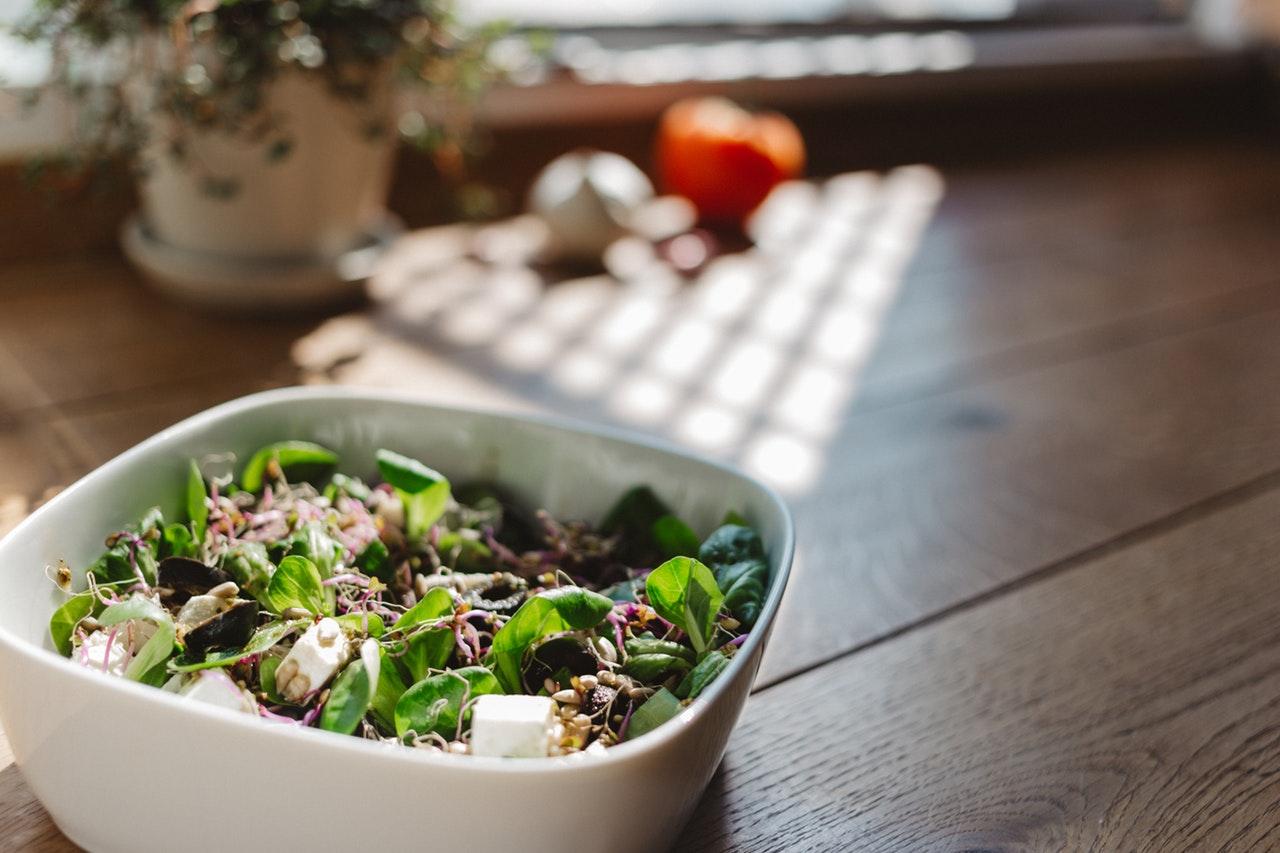
Innovative Indoor Farm Hopes To Bring Fresh Produce To Antarctica
Called the Eden-ISS, the farm is already under construction and will grow food for all who are stationed at the Neumayer III polar station on the Ekstrom Ice Shelf.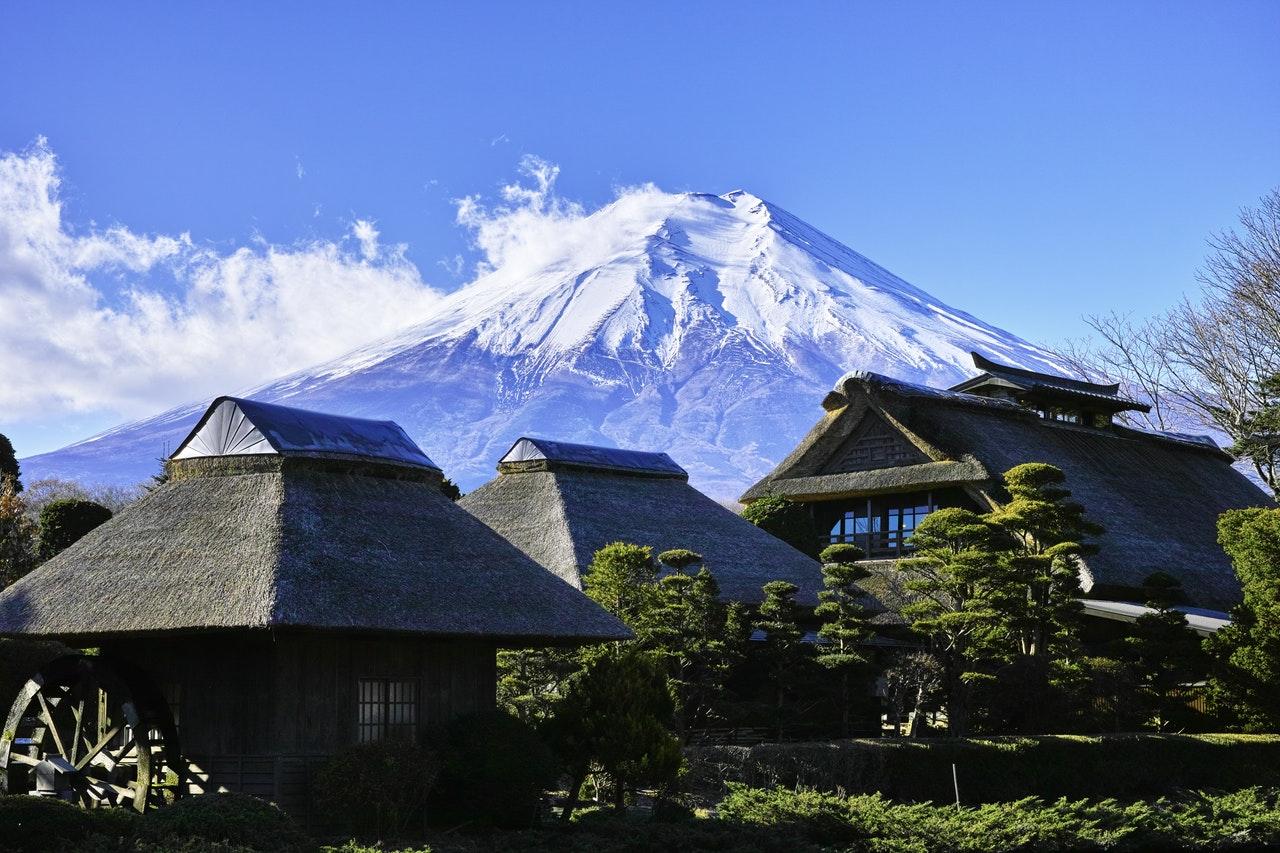
Towns In Japan Are Going Off Grid In Transition To Green Energy
In the six years since Fukushima, dozens of Japanese towns have decentralized their power generation and storage systems, choosing instead to build independent micro-grids,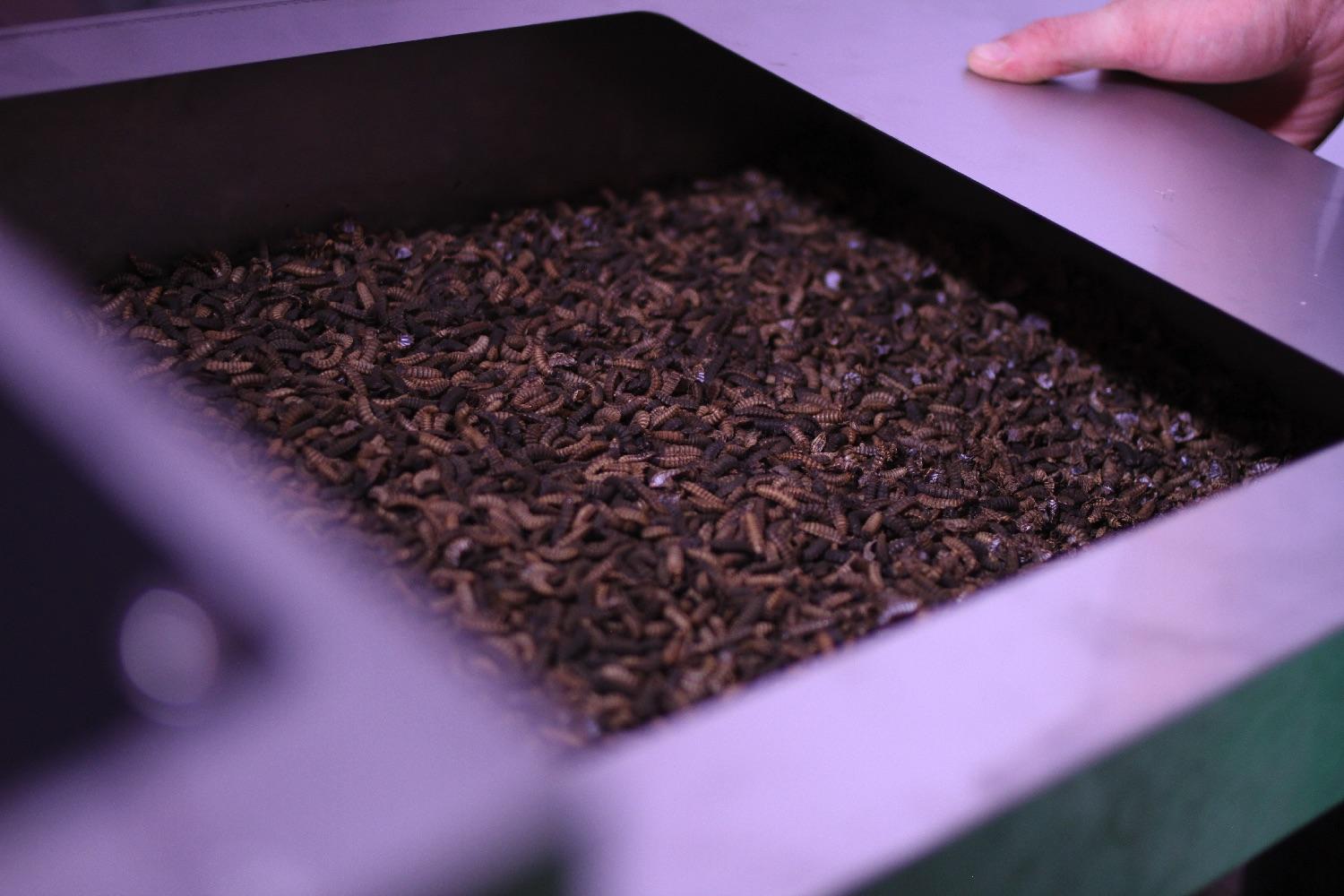
Startup Envisions Fly Larvae As A Sustainable Protein Source
Food production is one of the biggest issues we must face globally. A new UK startup hopes to ease this worry by transforming fly larvae into a sustainable protein source for animals and, perhaps one day, humans.
India's Rooftops Are Leading The Solar Power Revolution
Last year, India added more rooftop solar capacity than in the previous four years combined — adding 715 megawatts of solar power to the system.